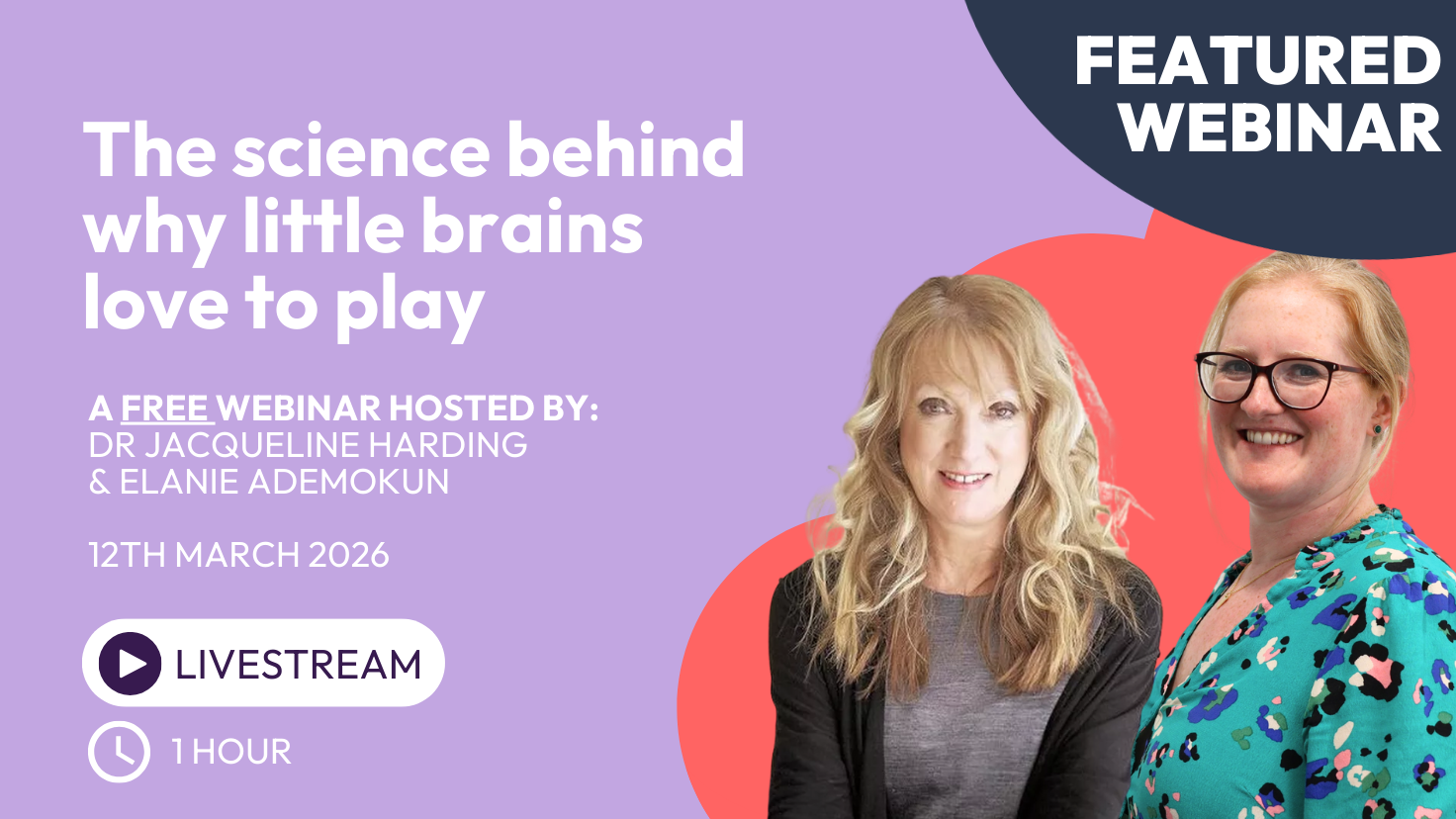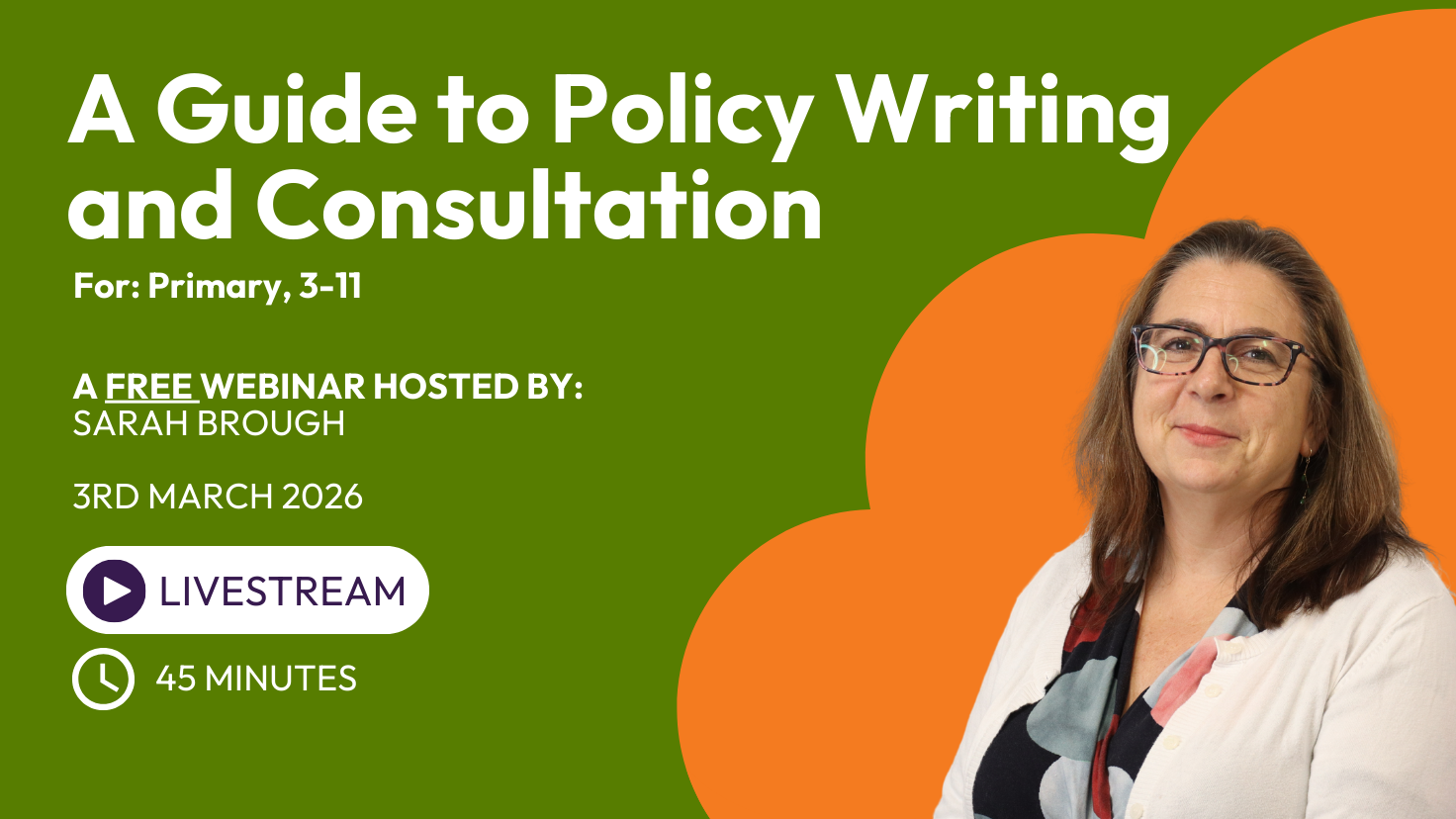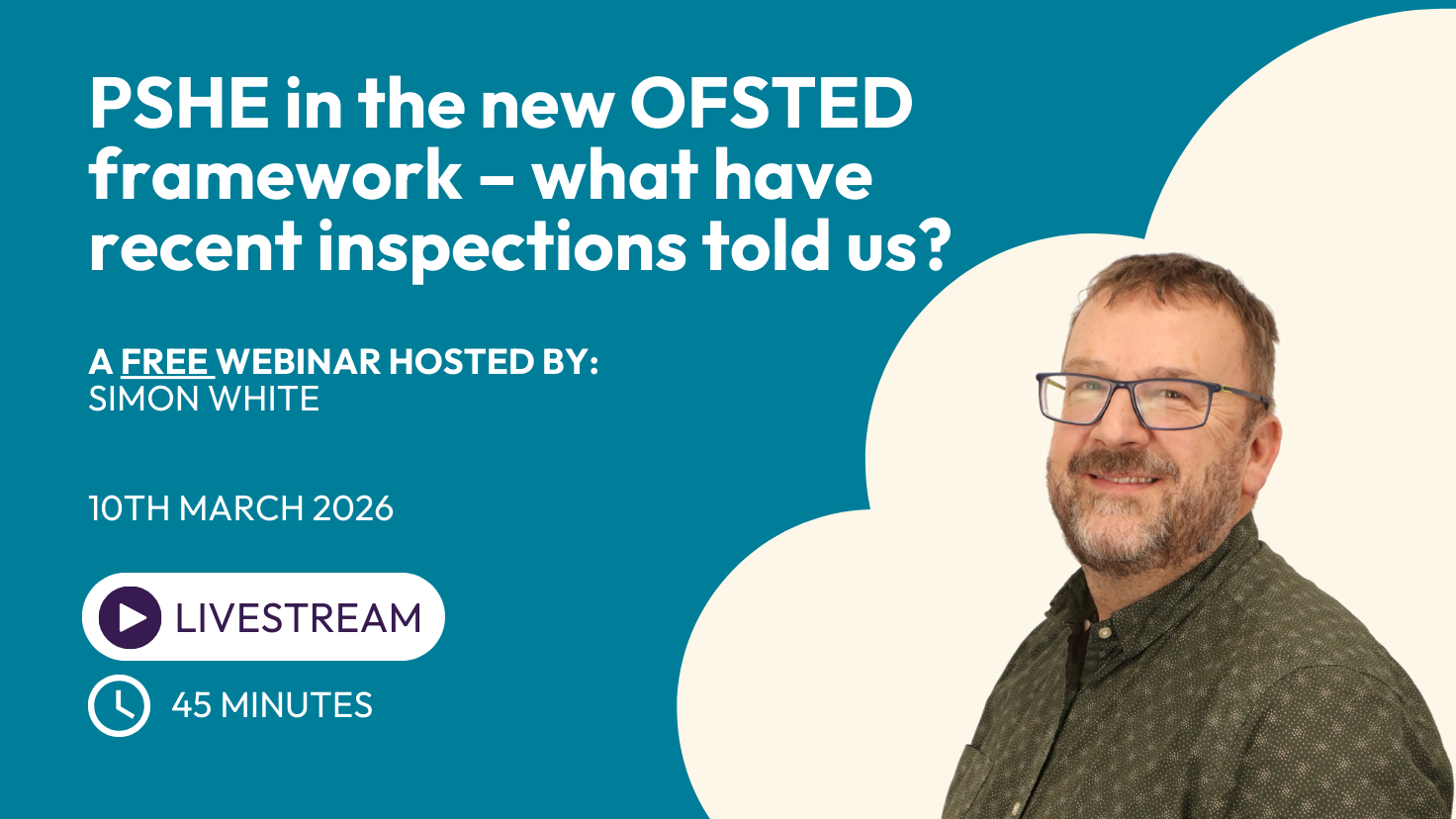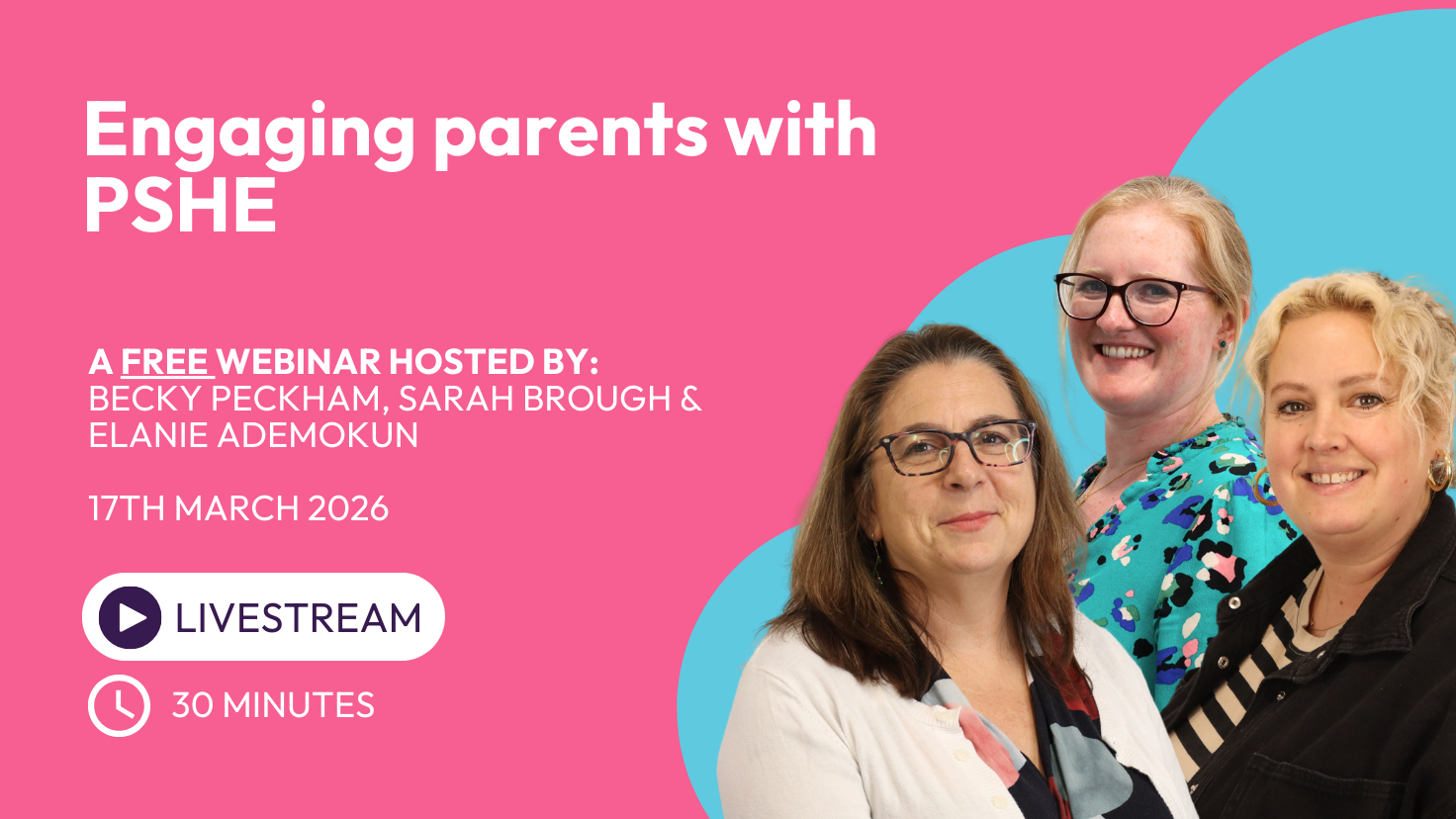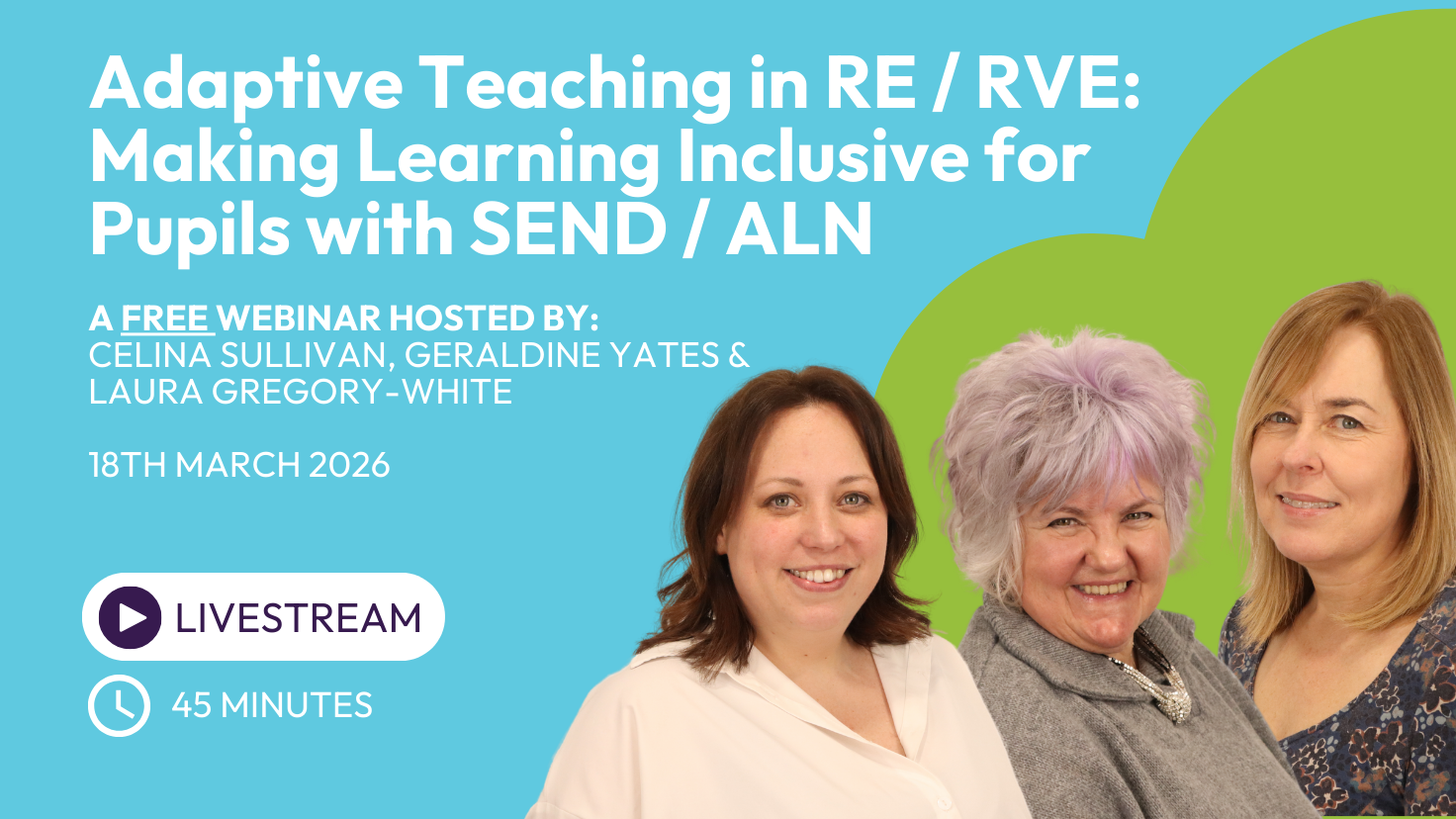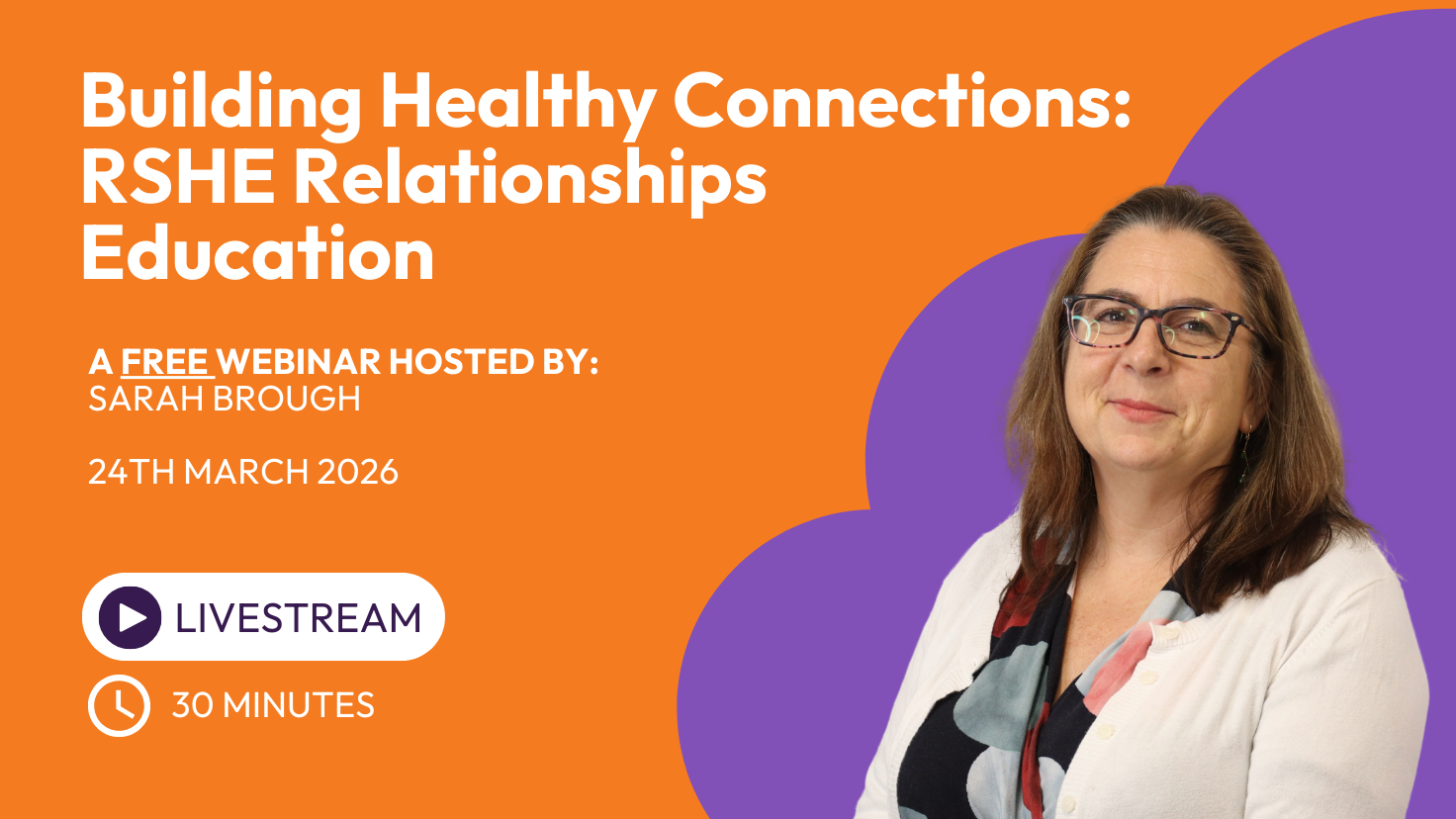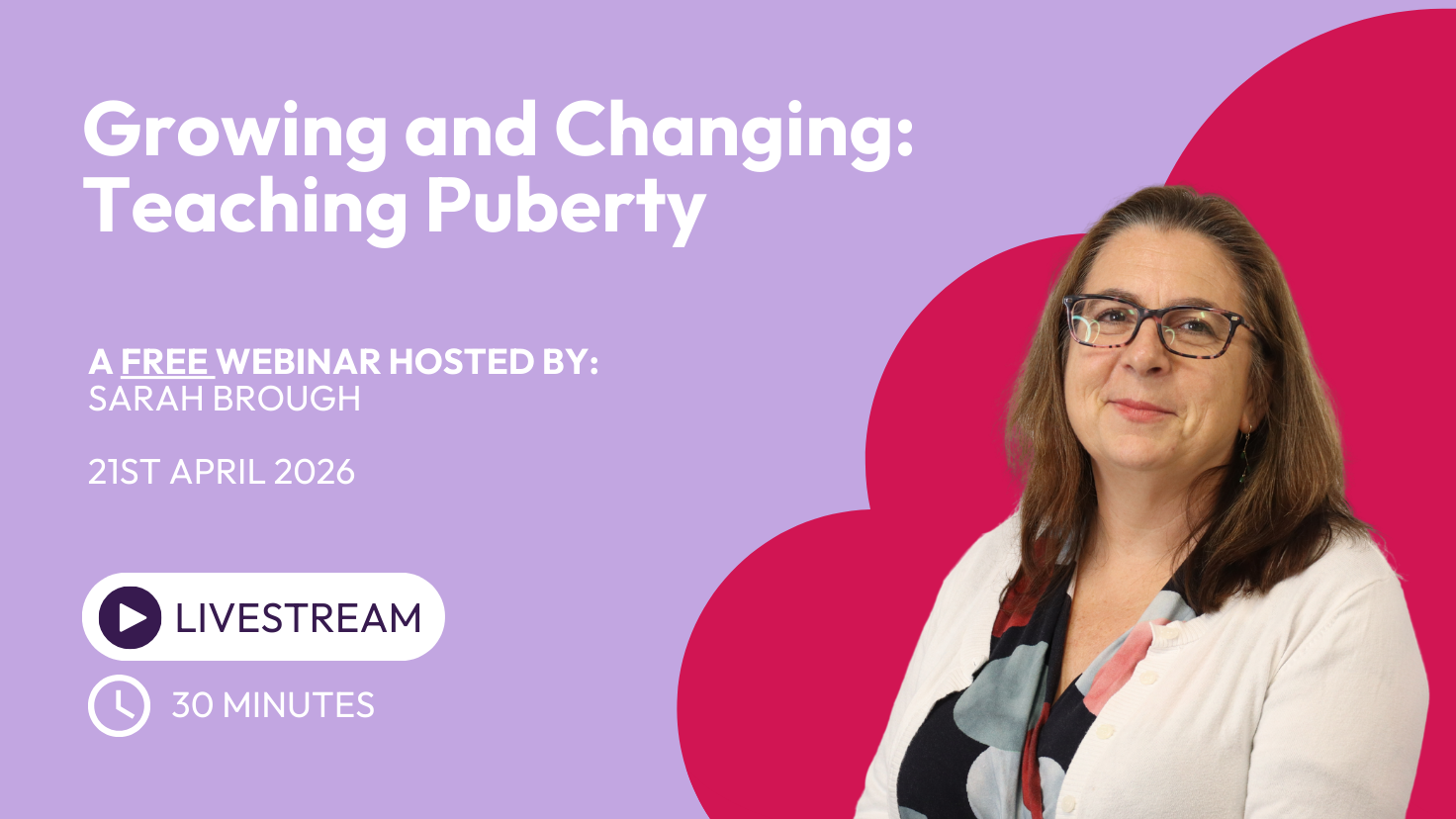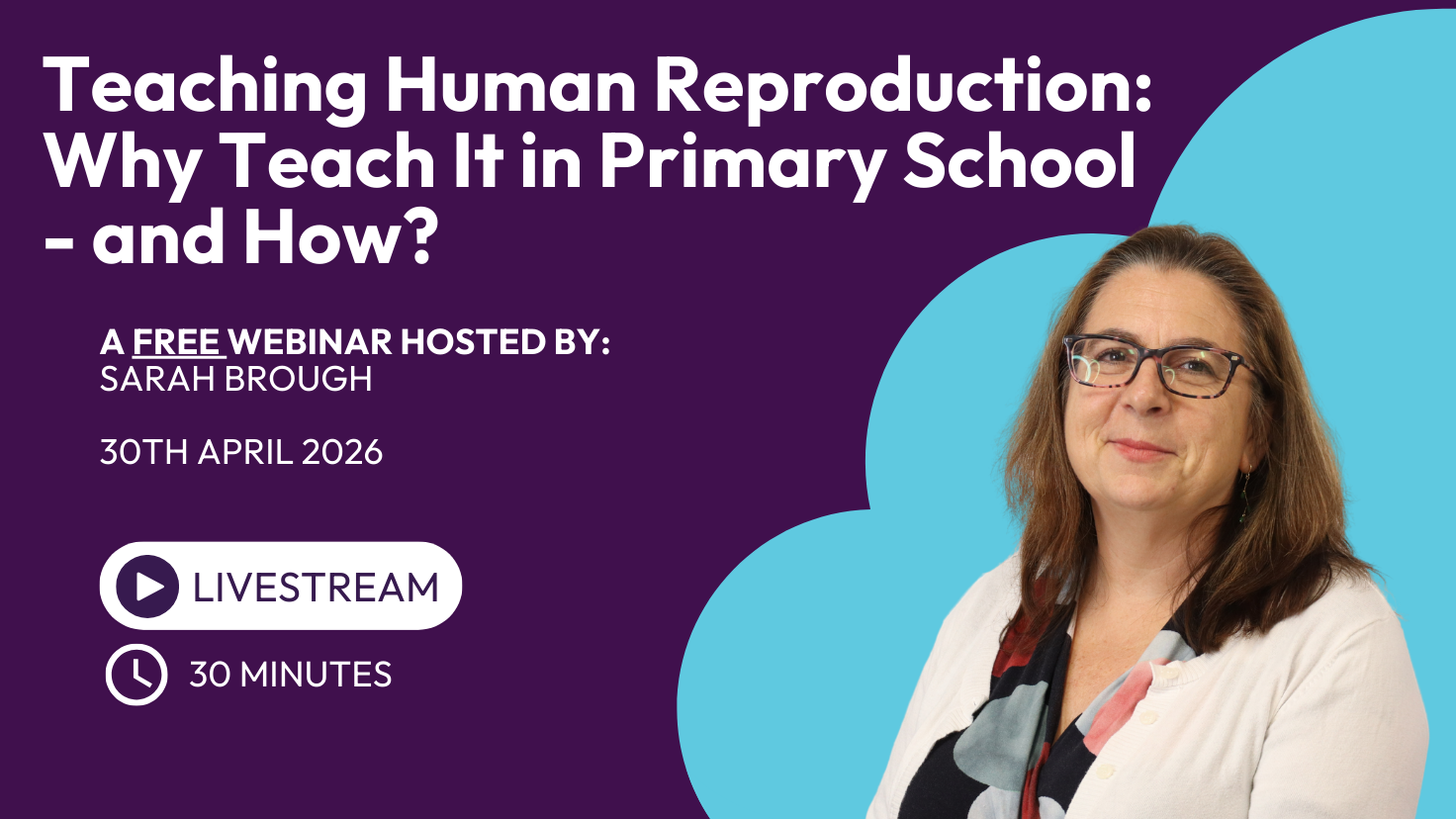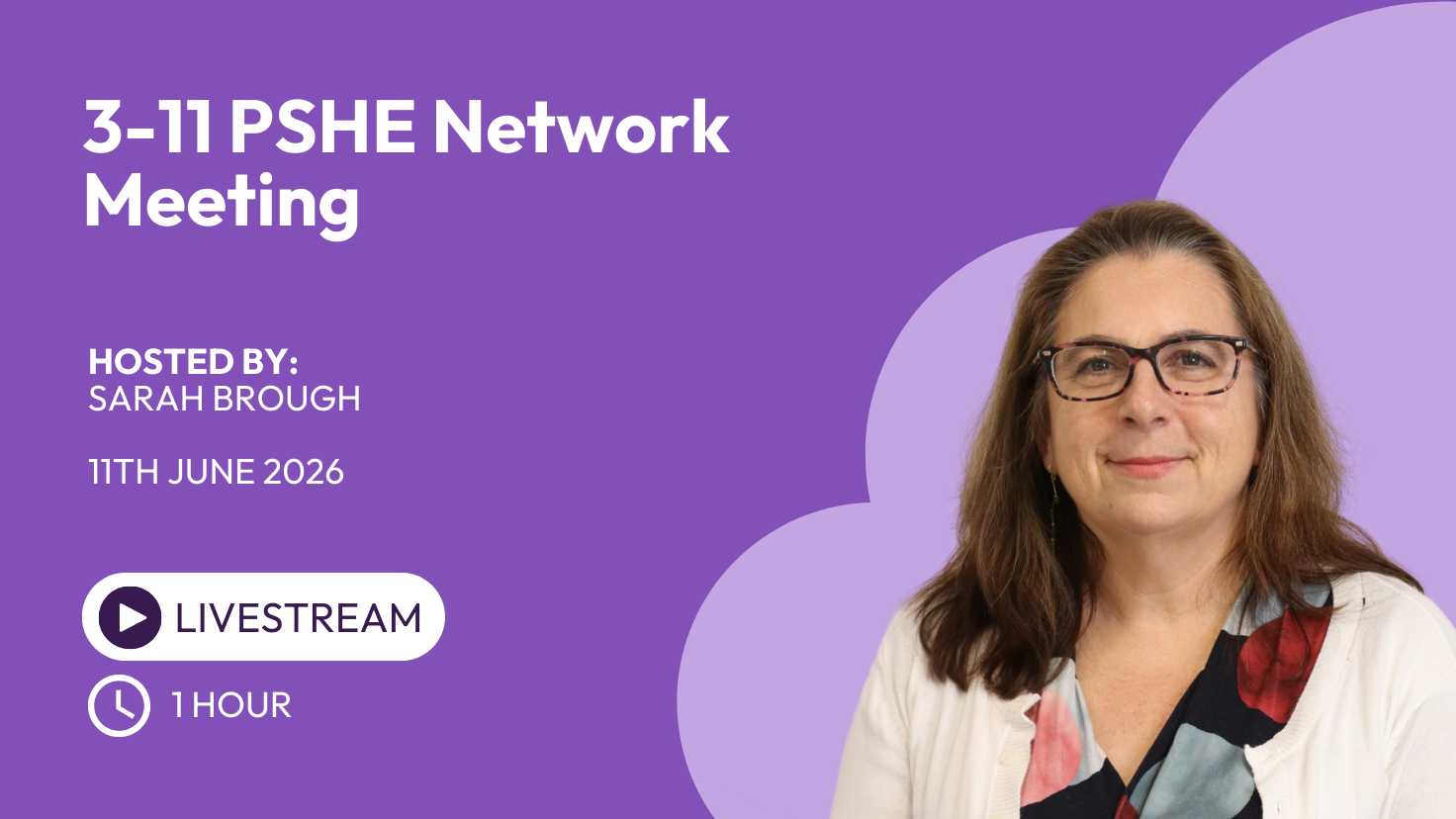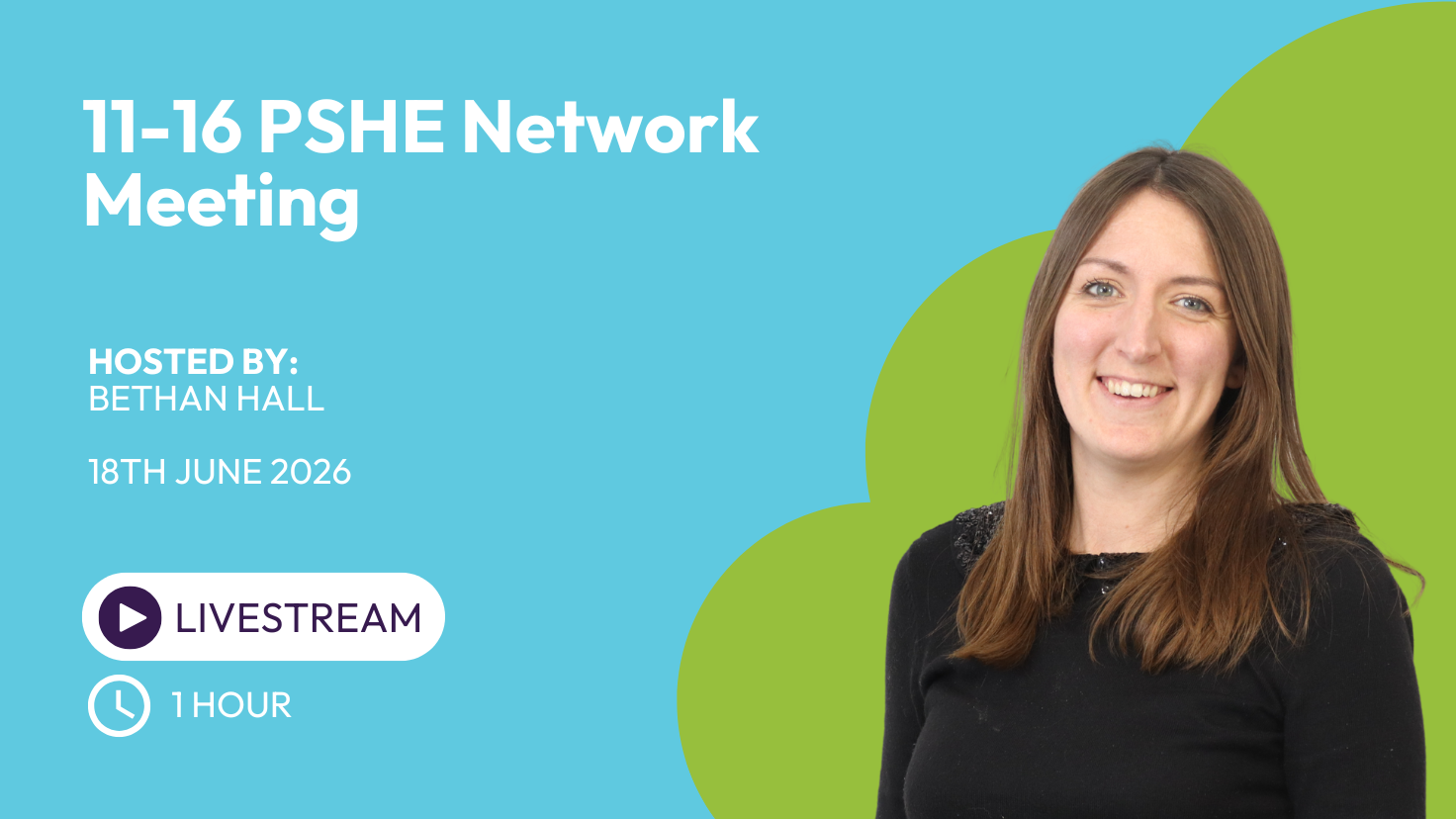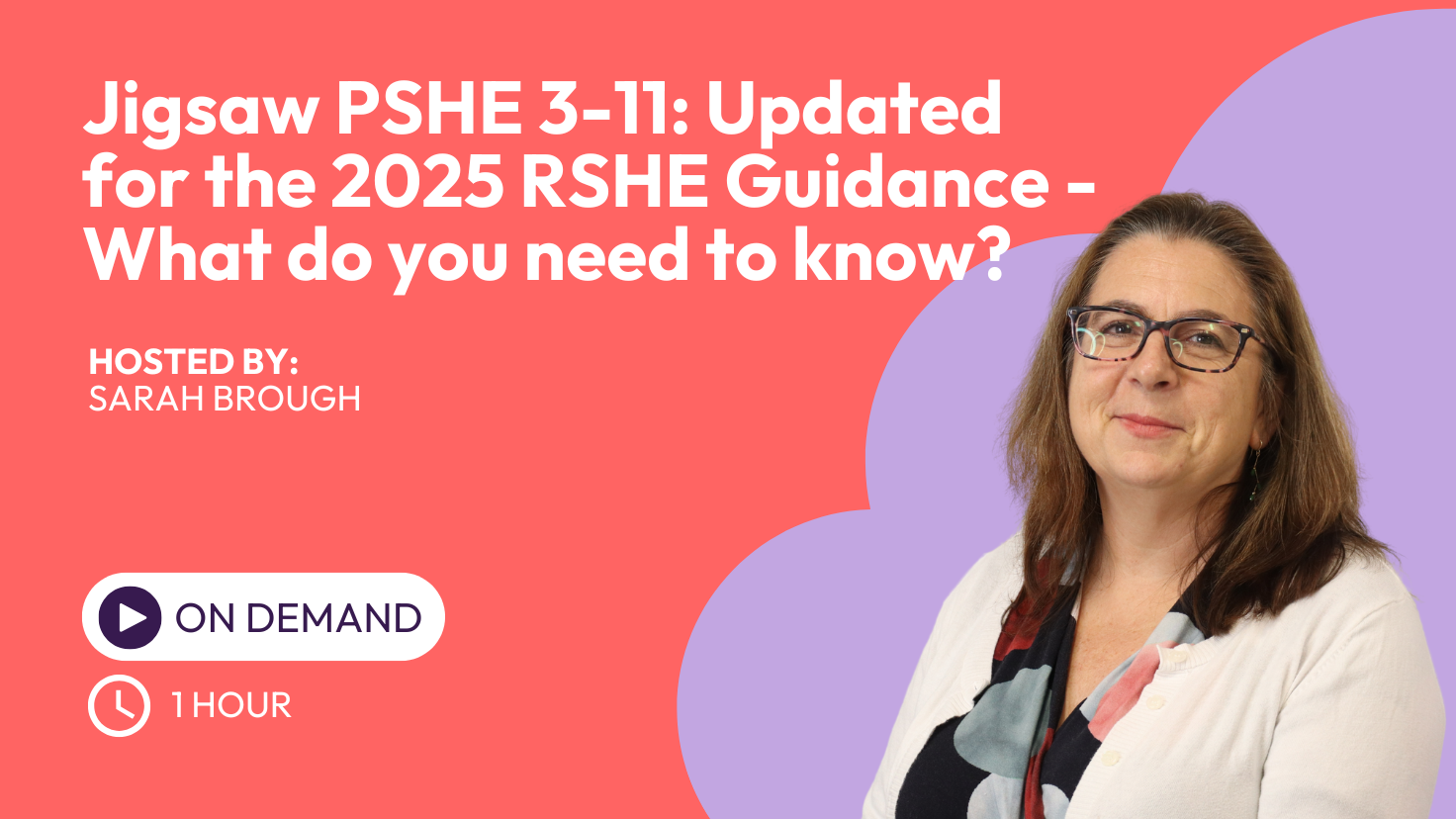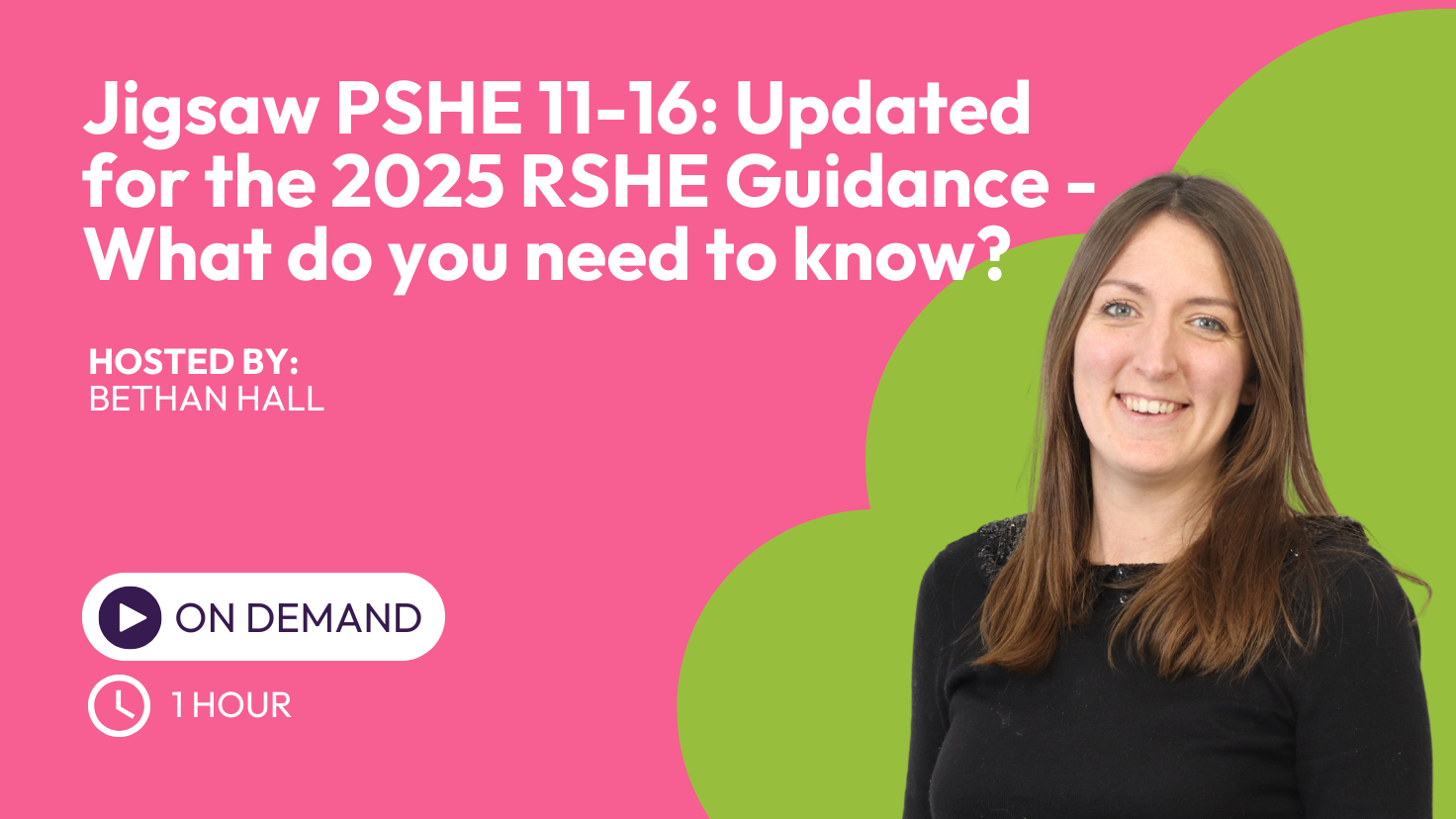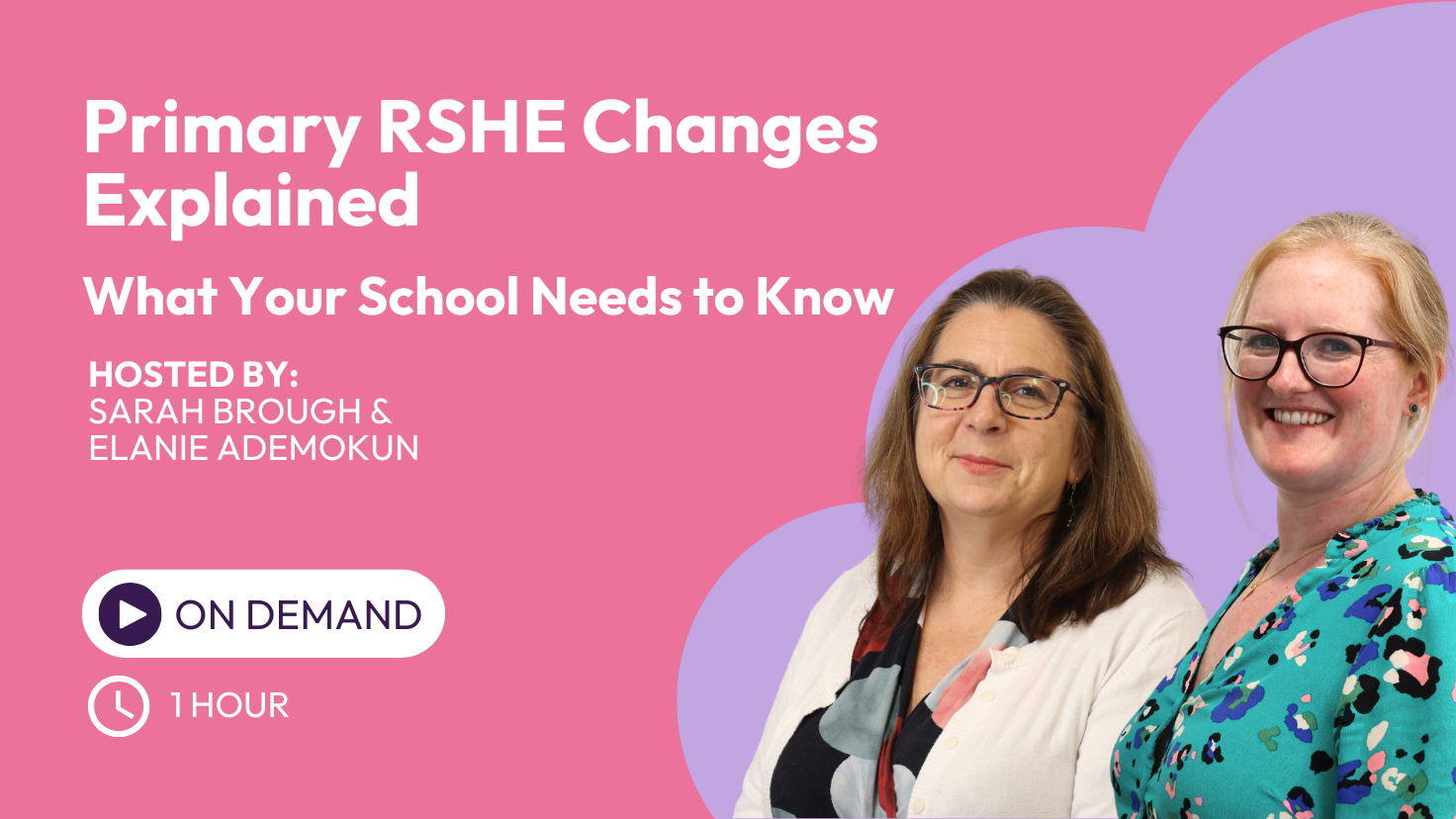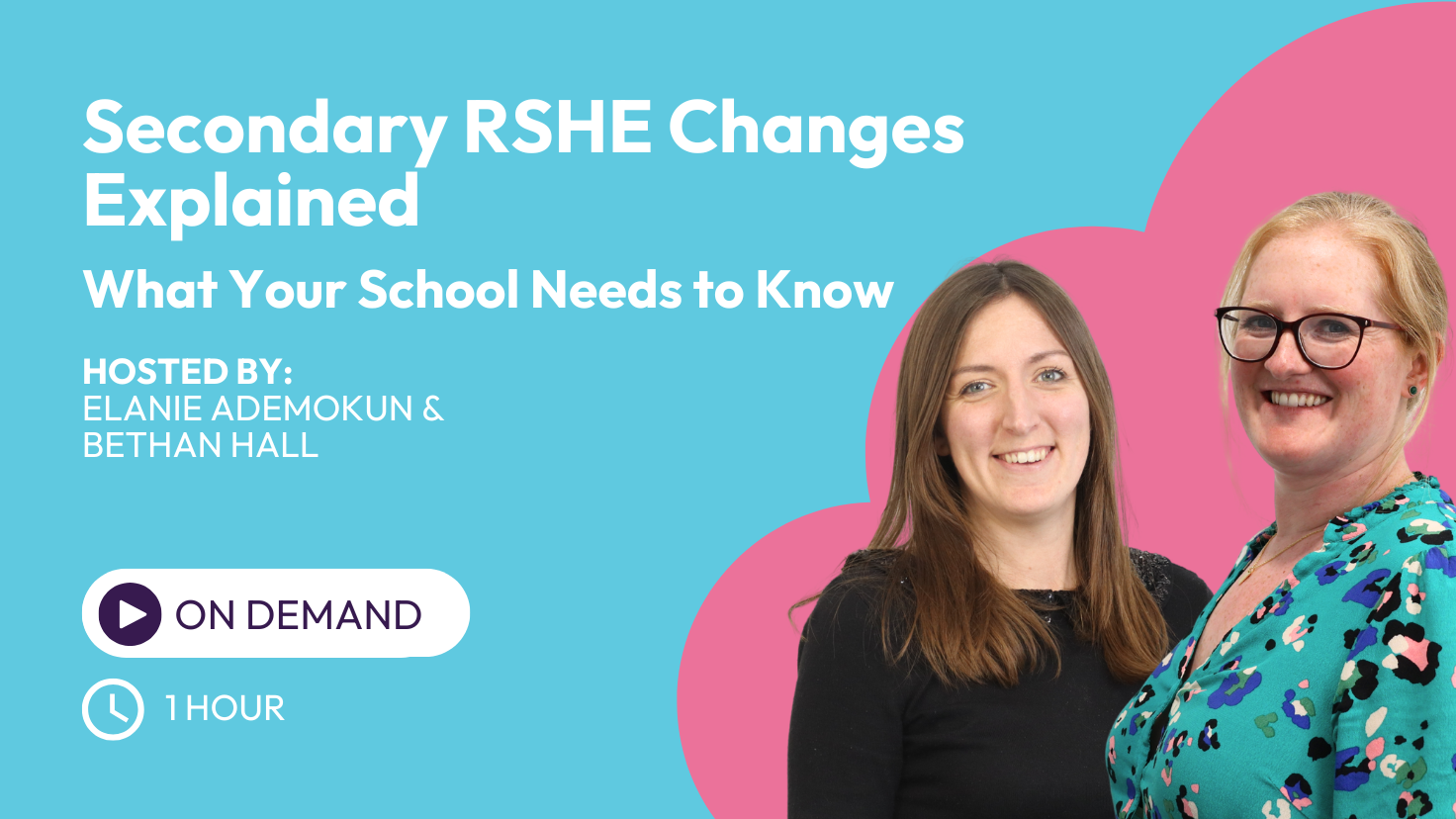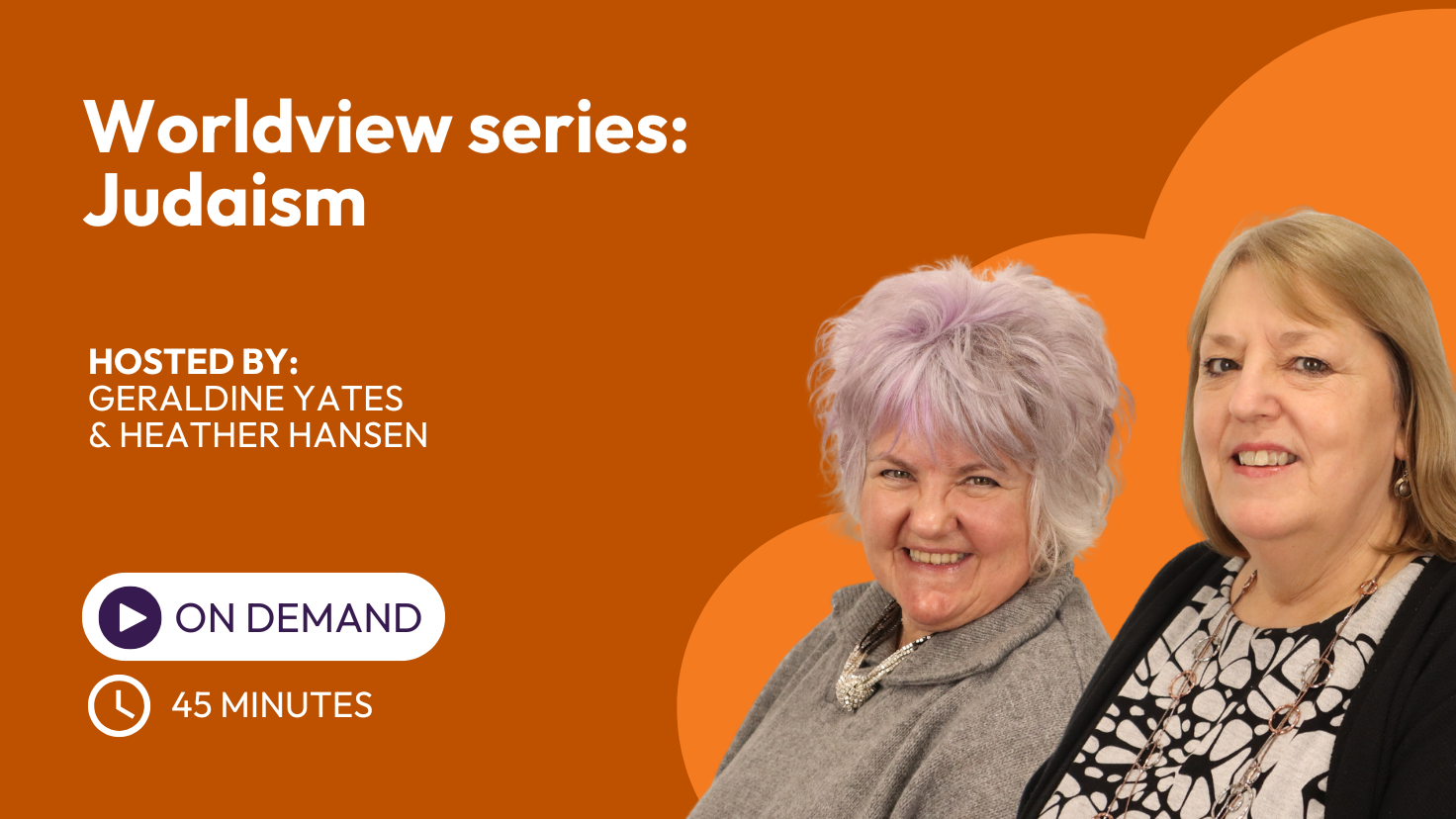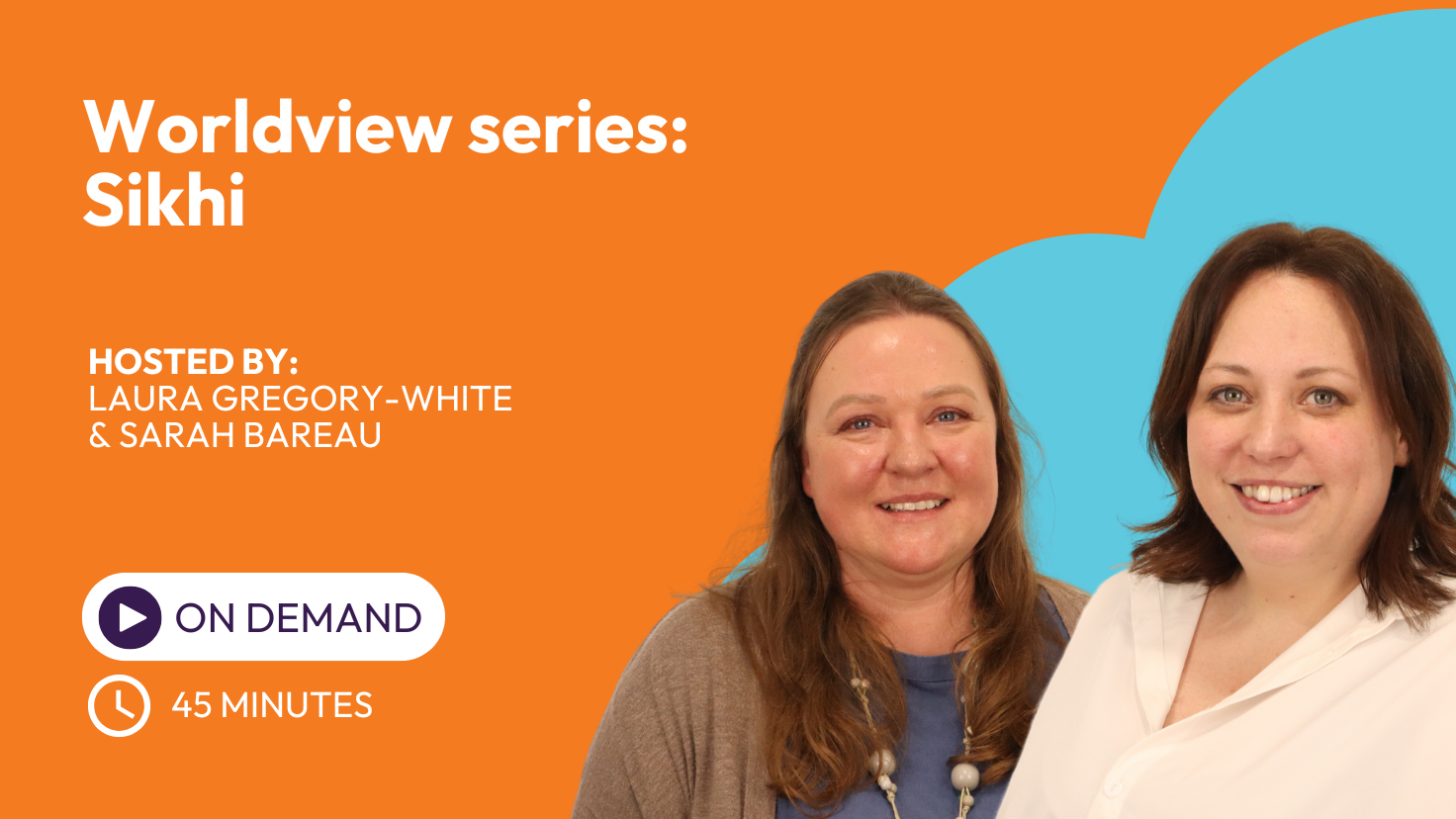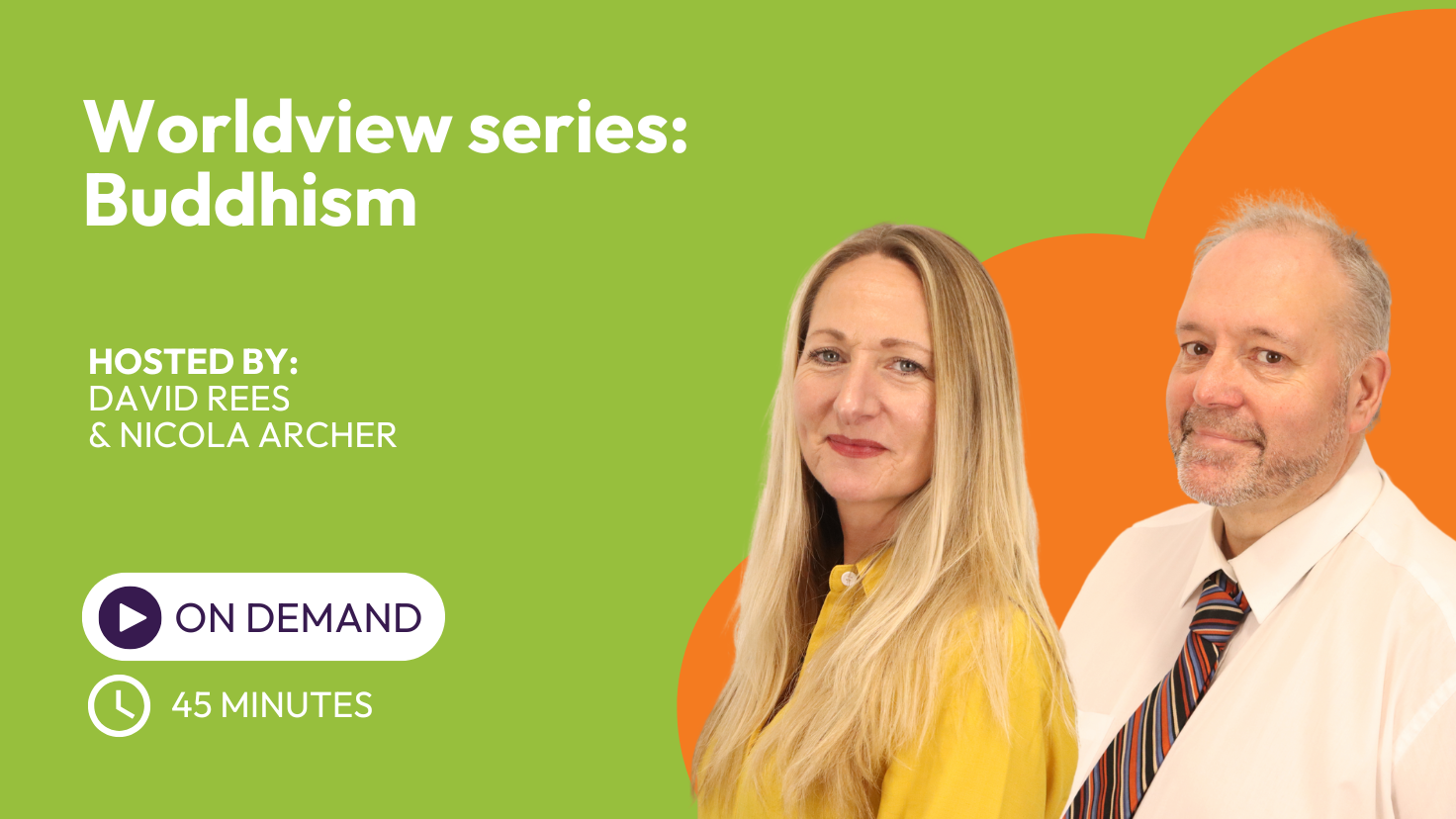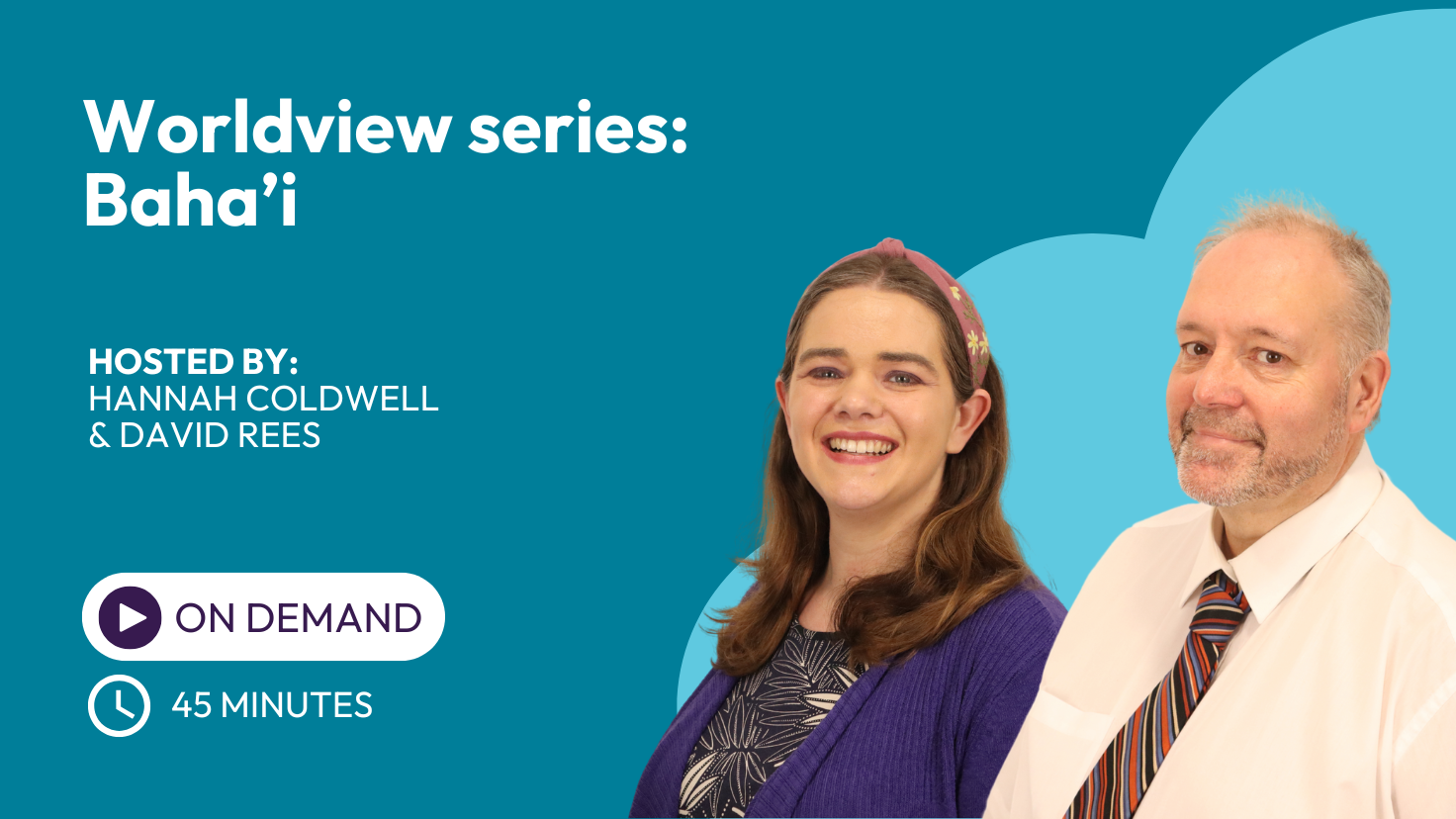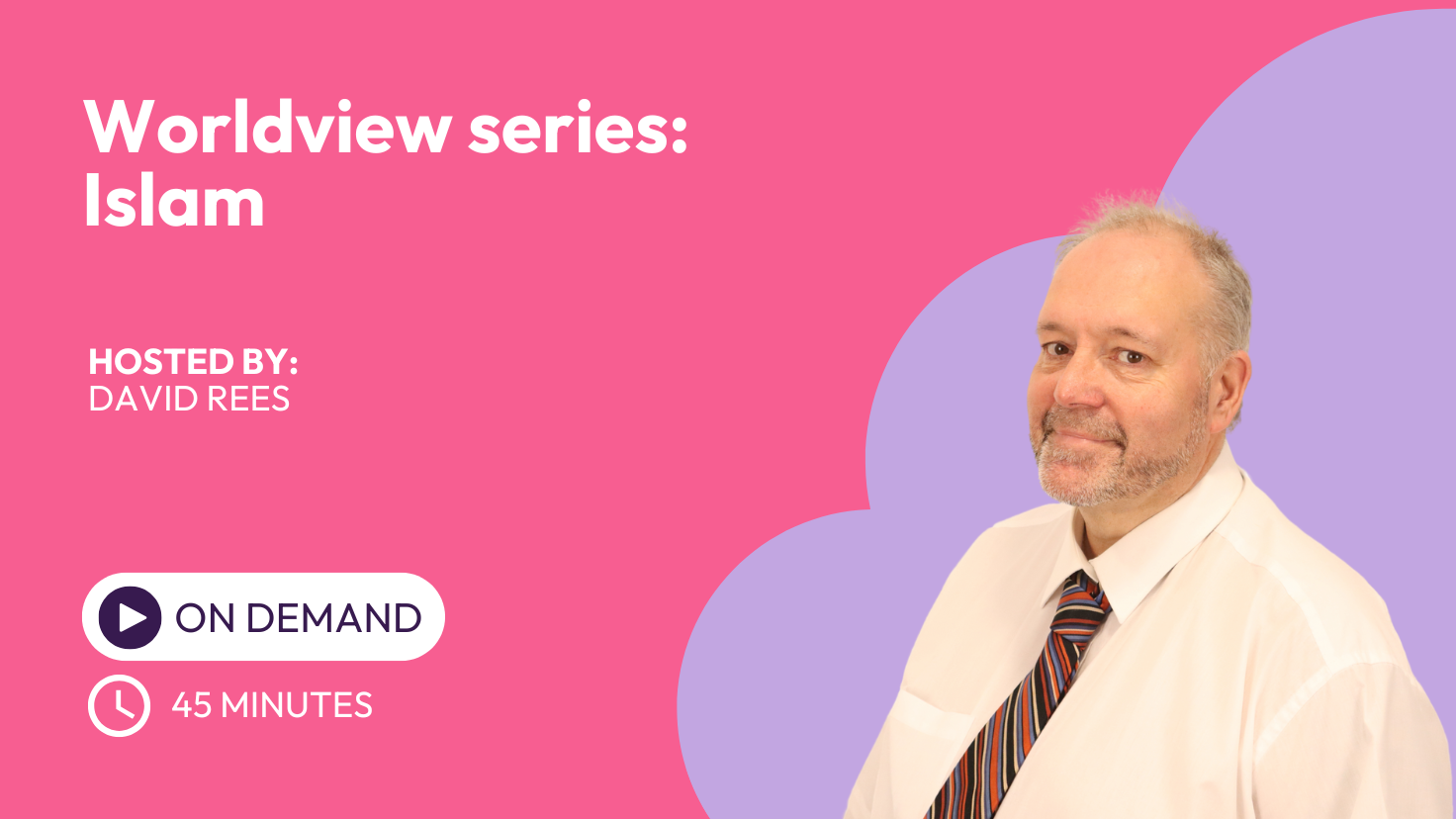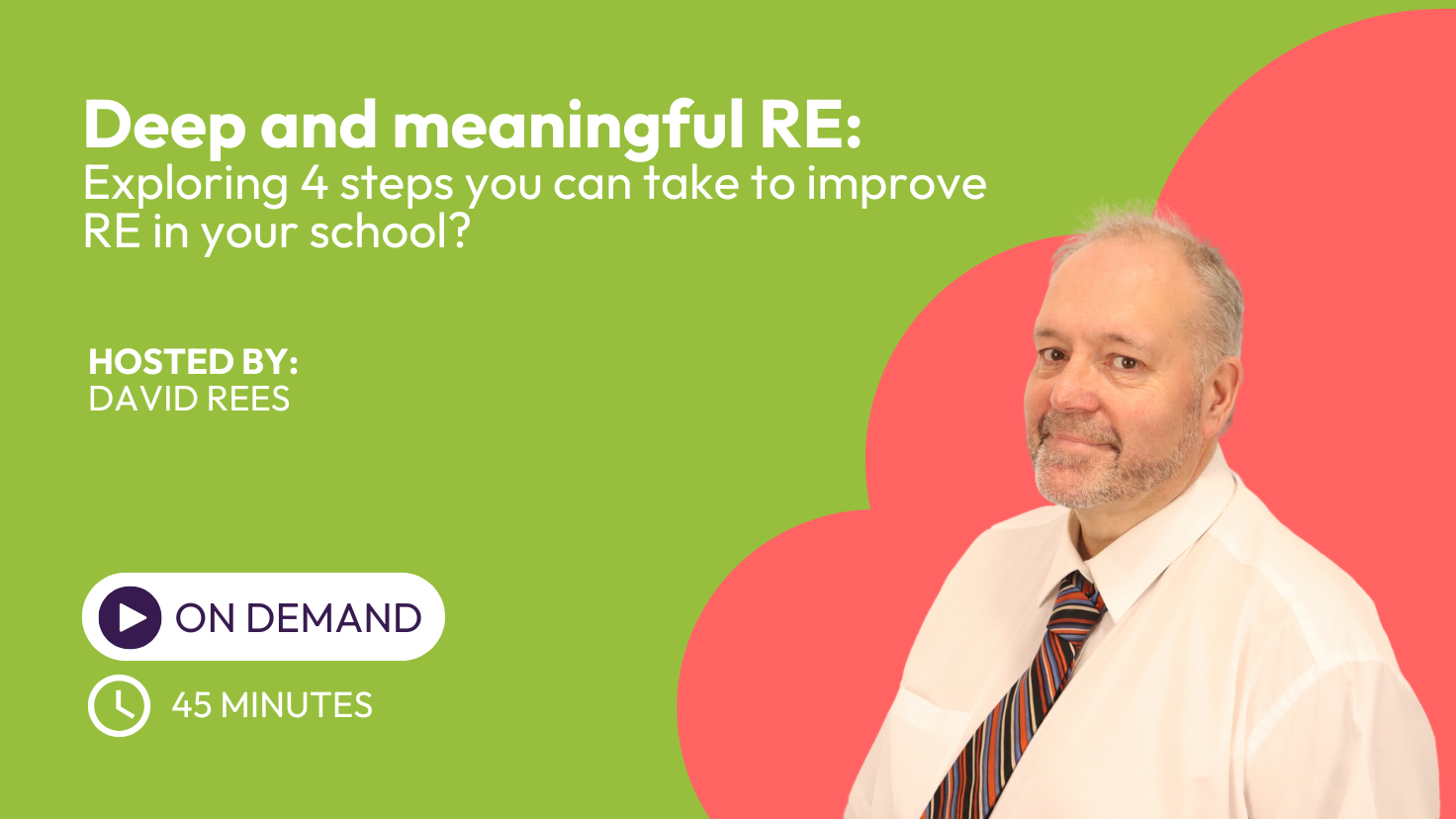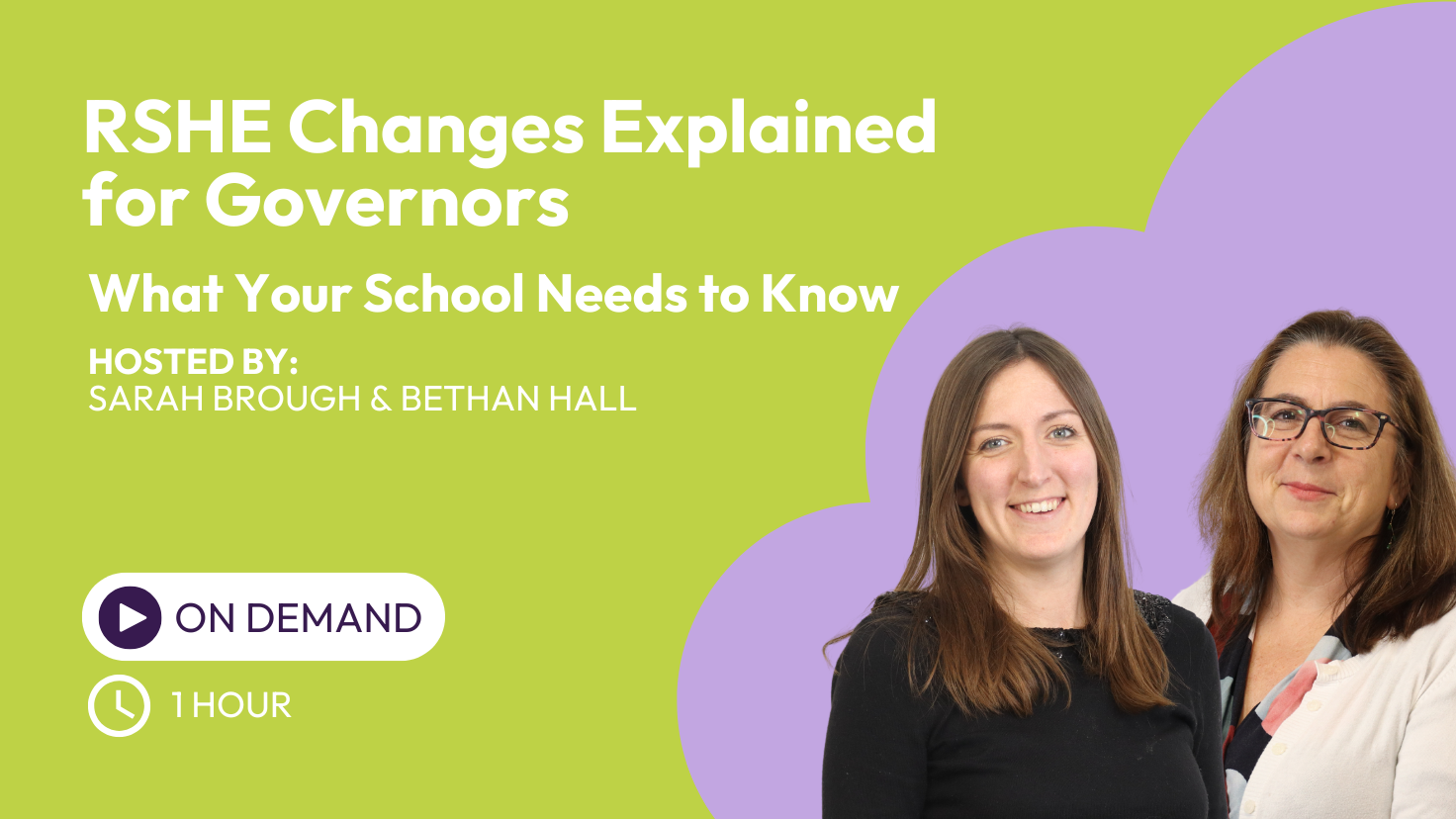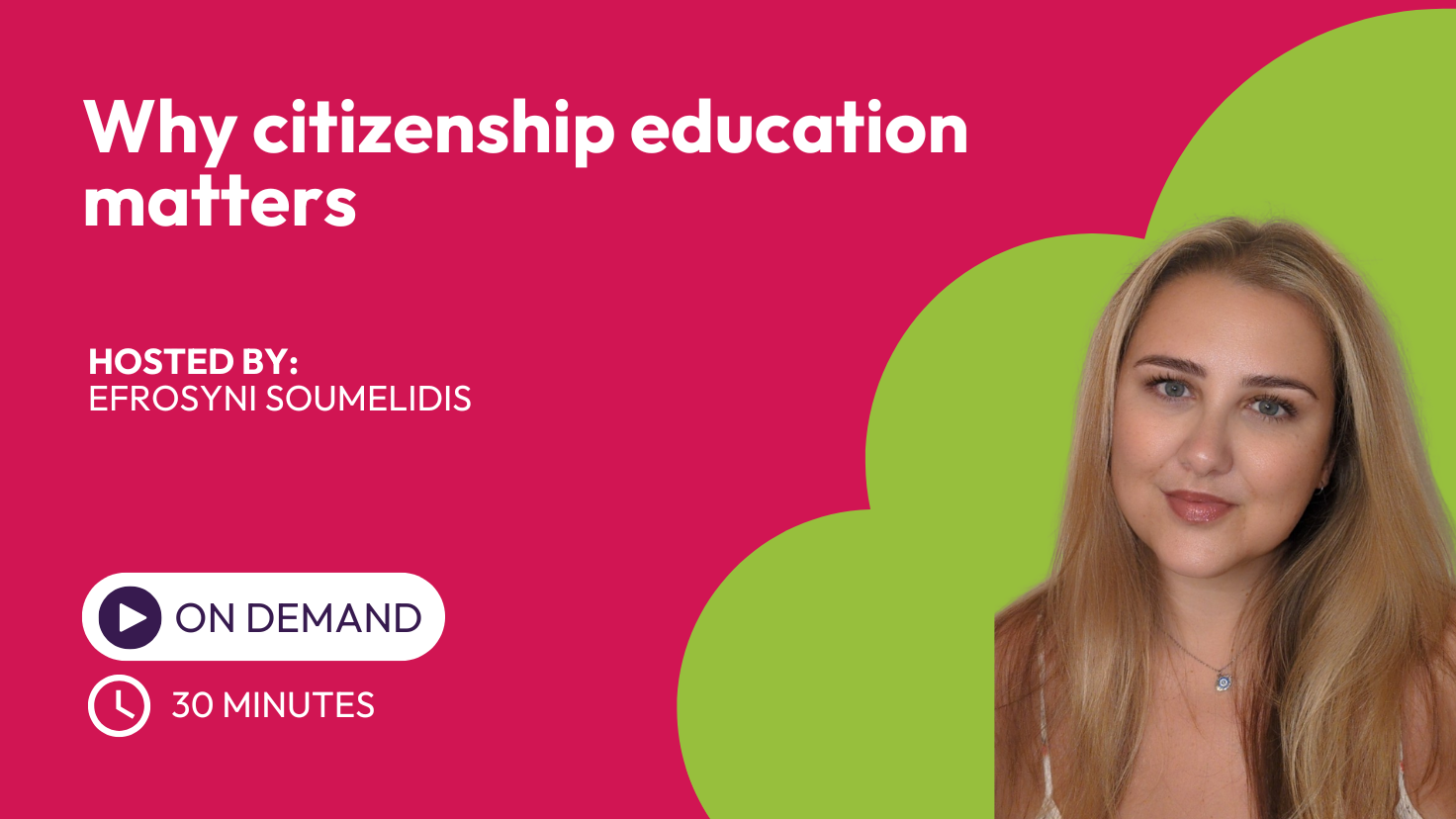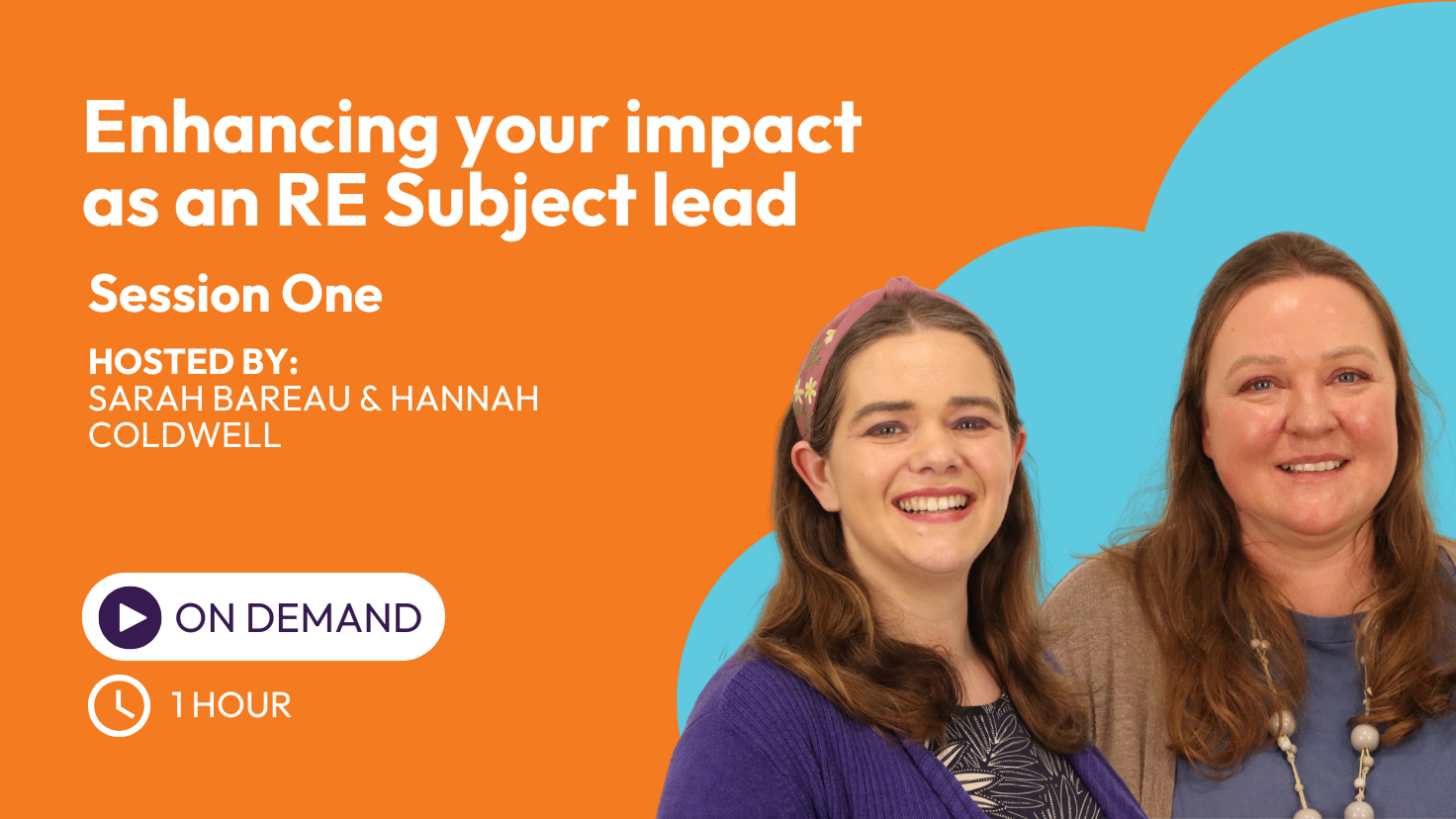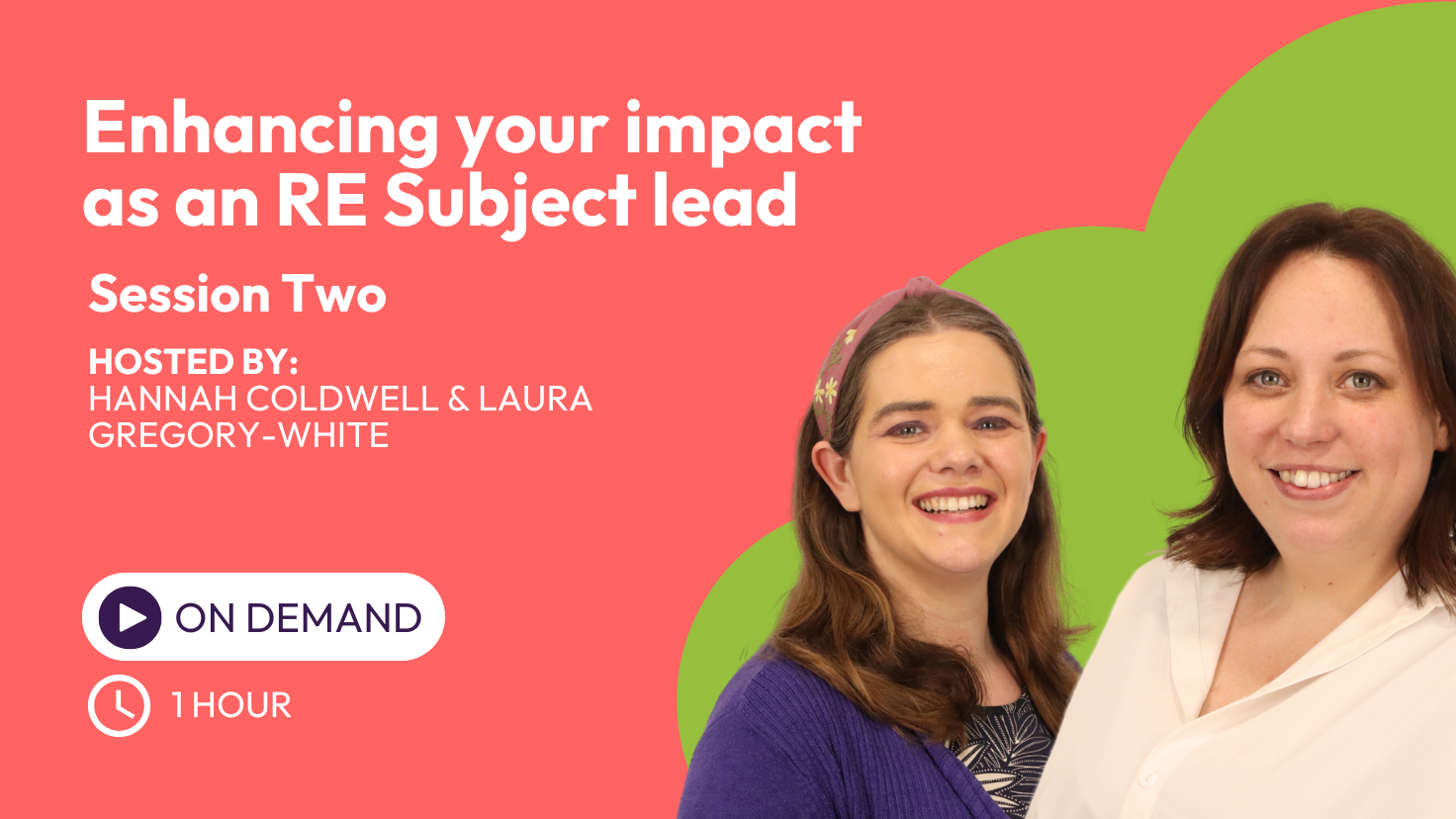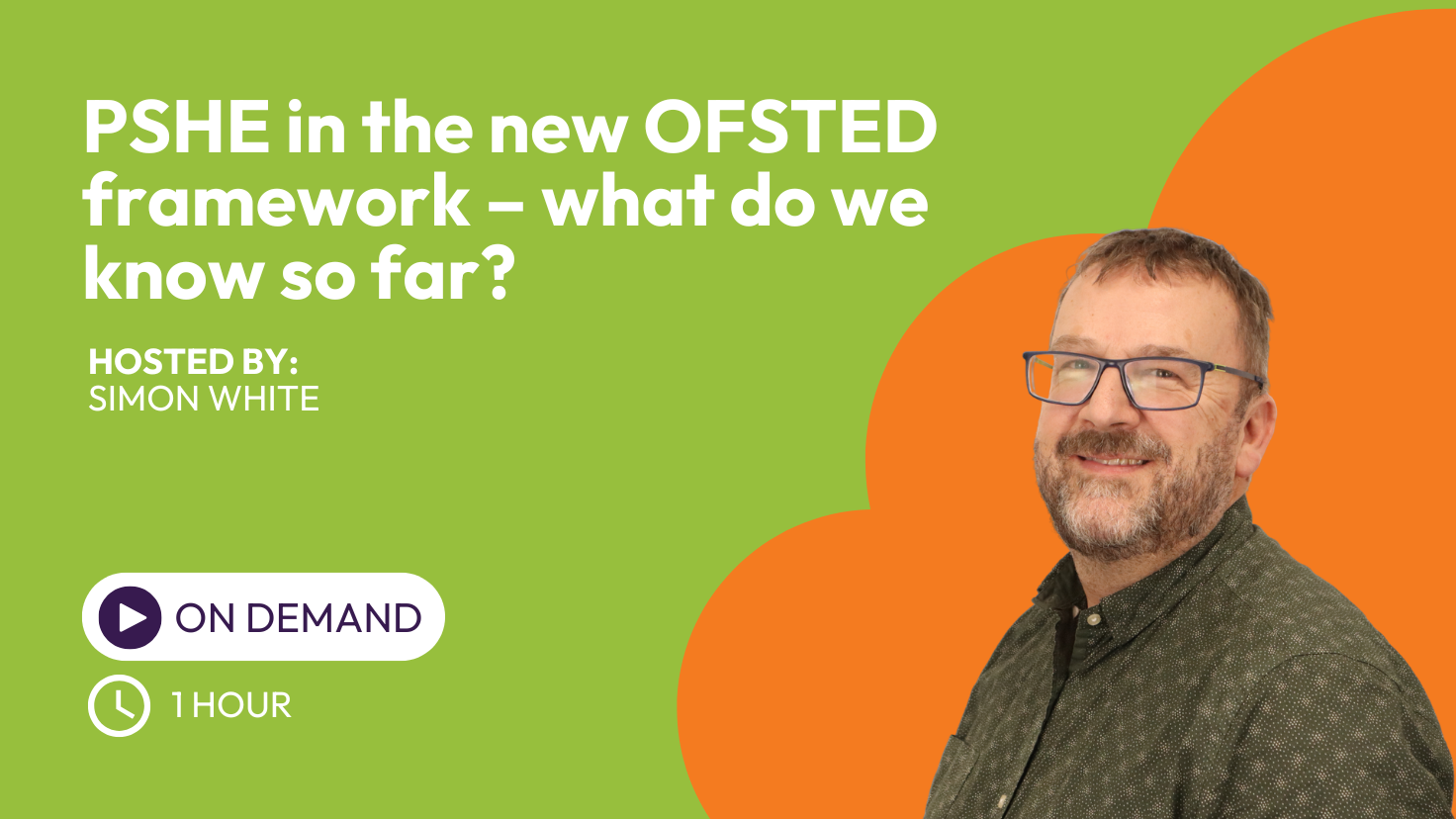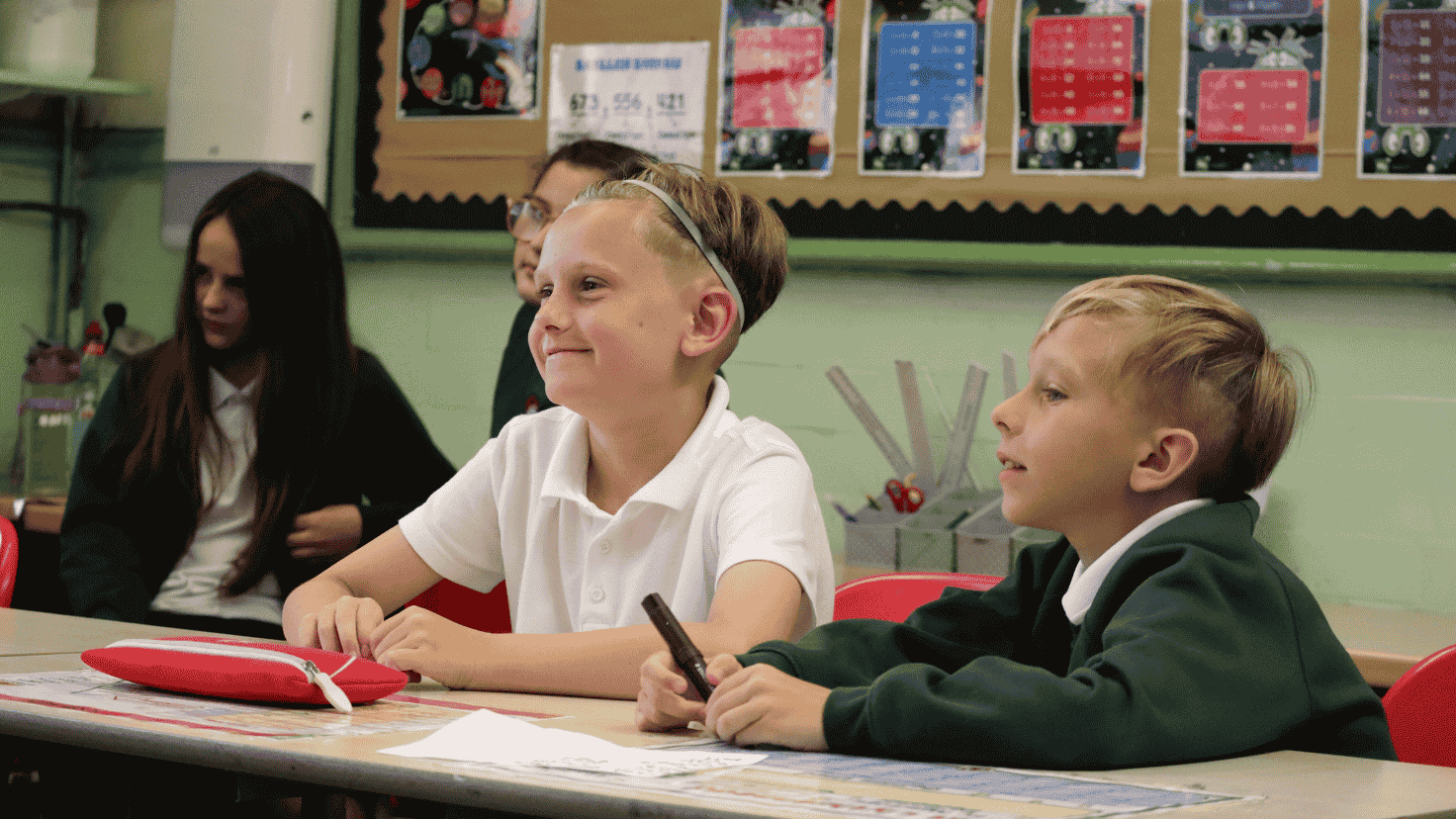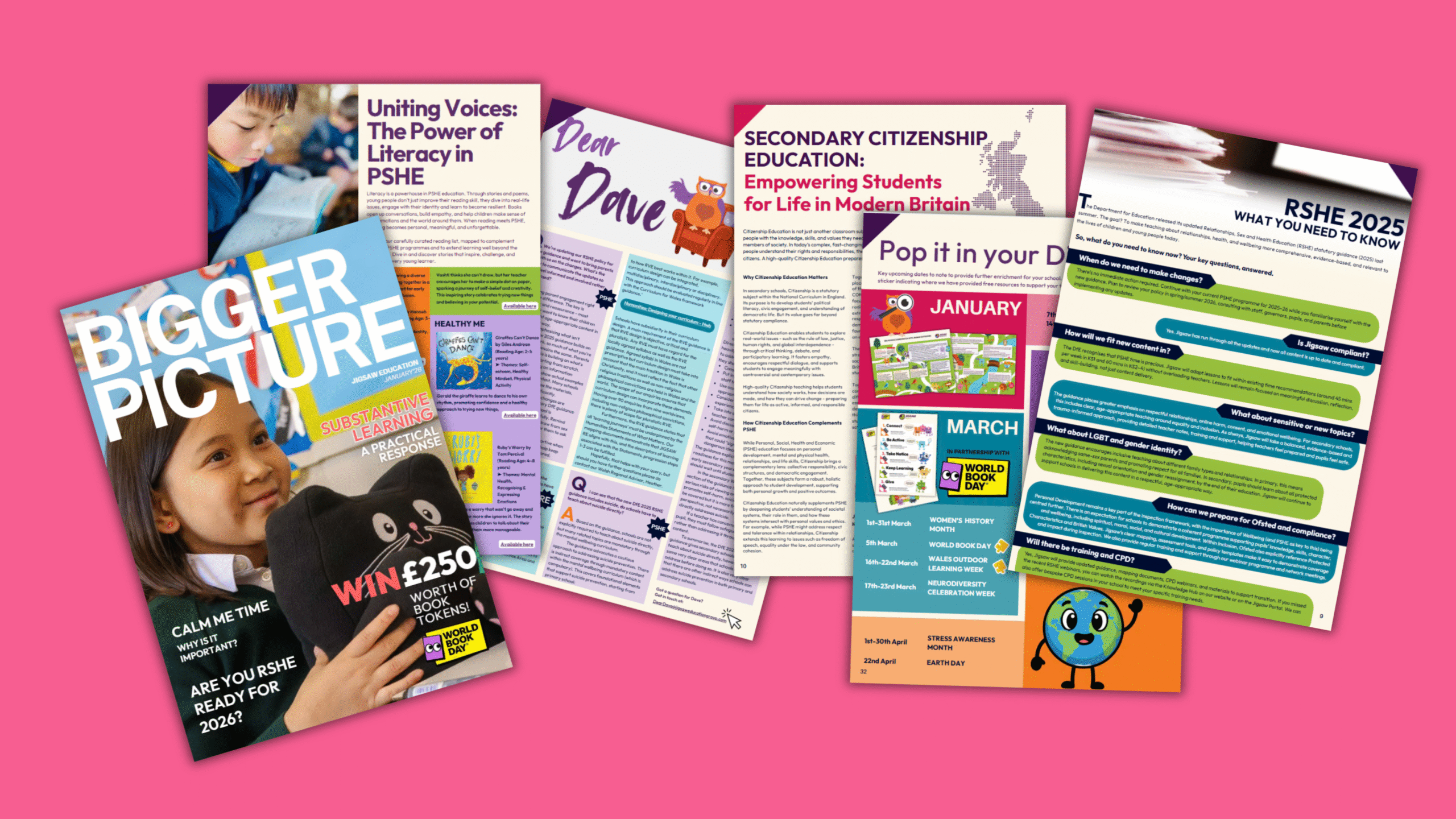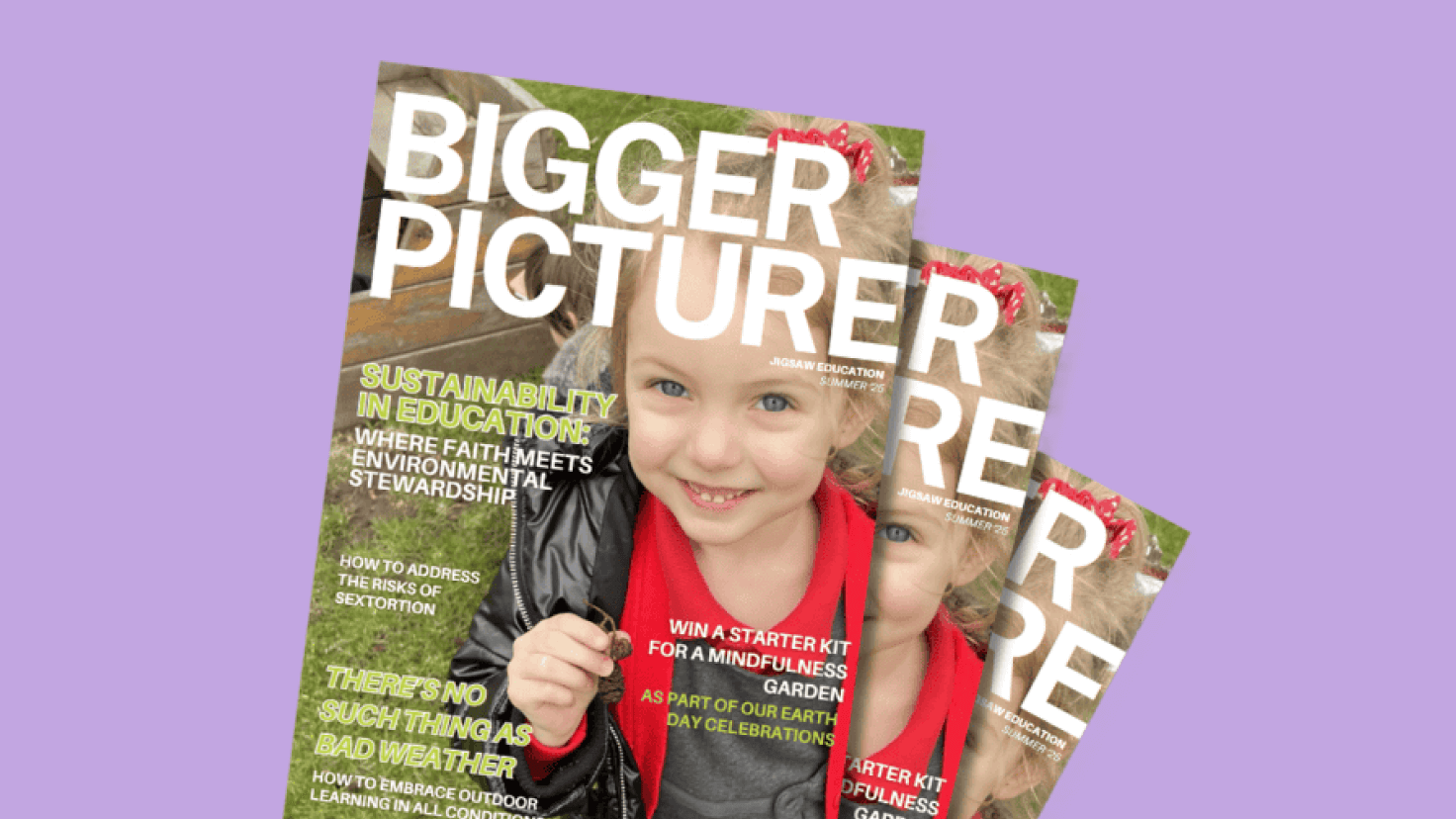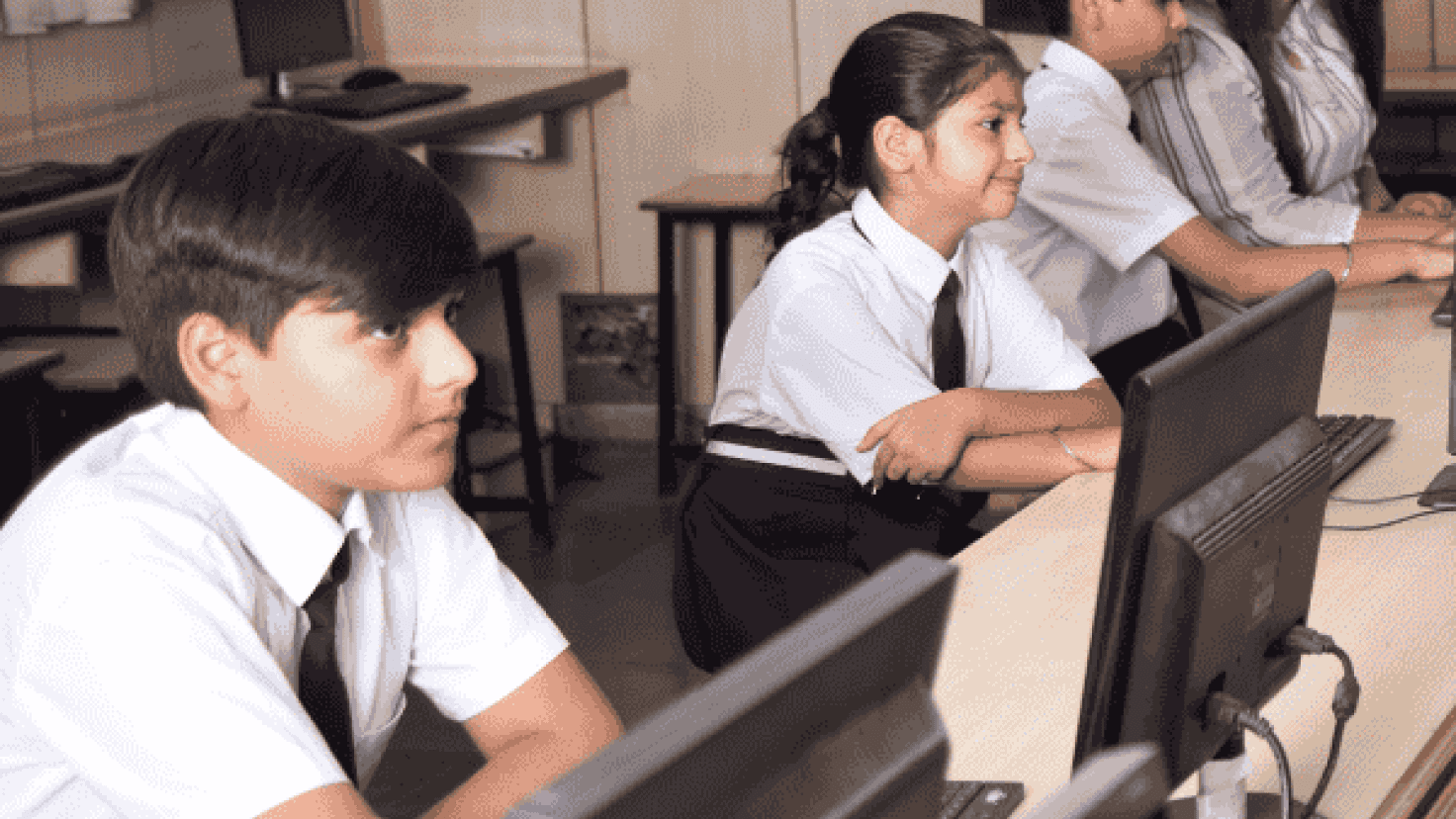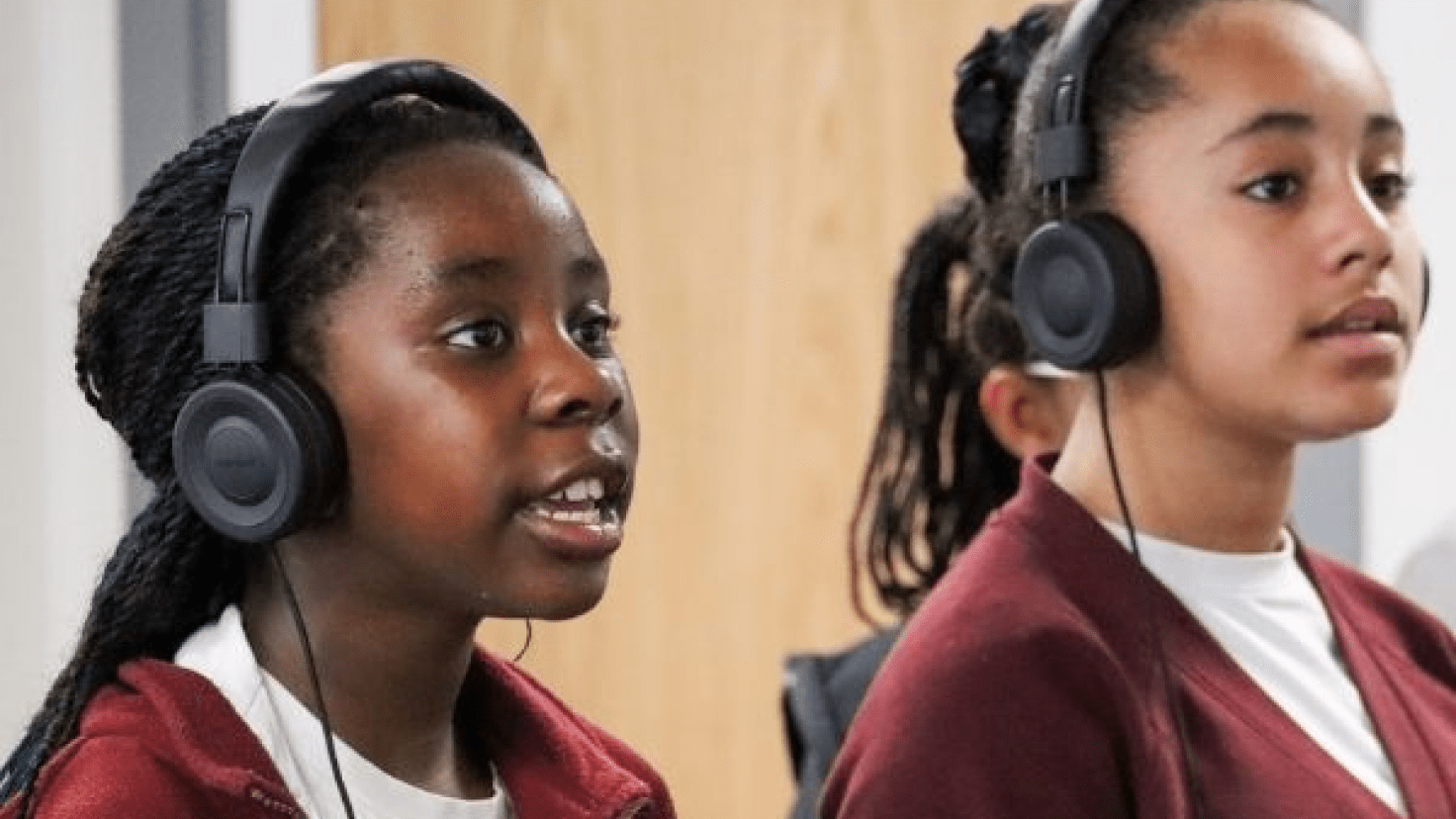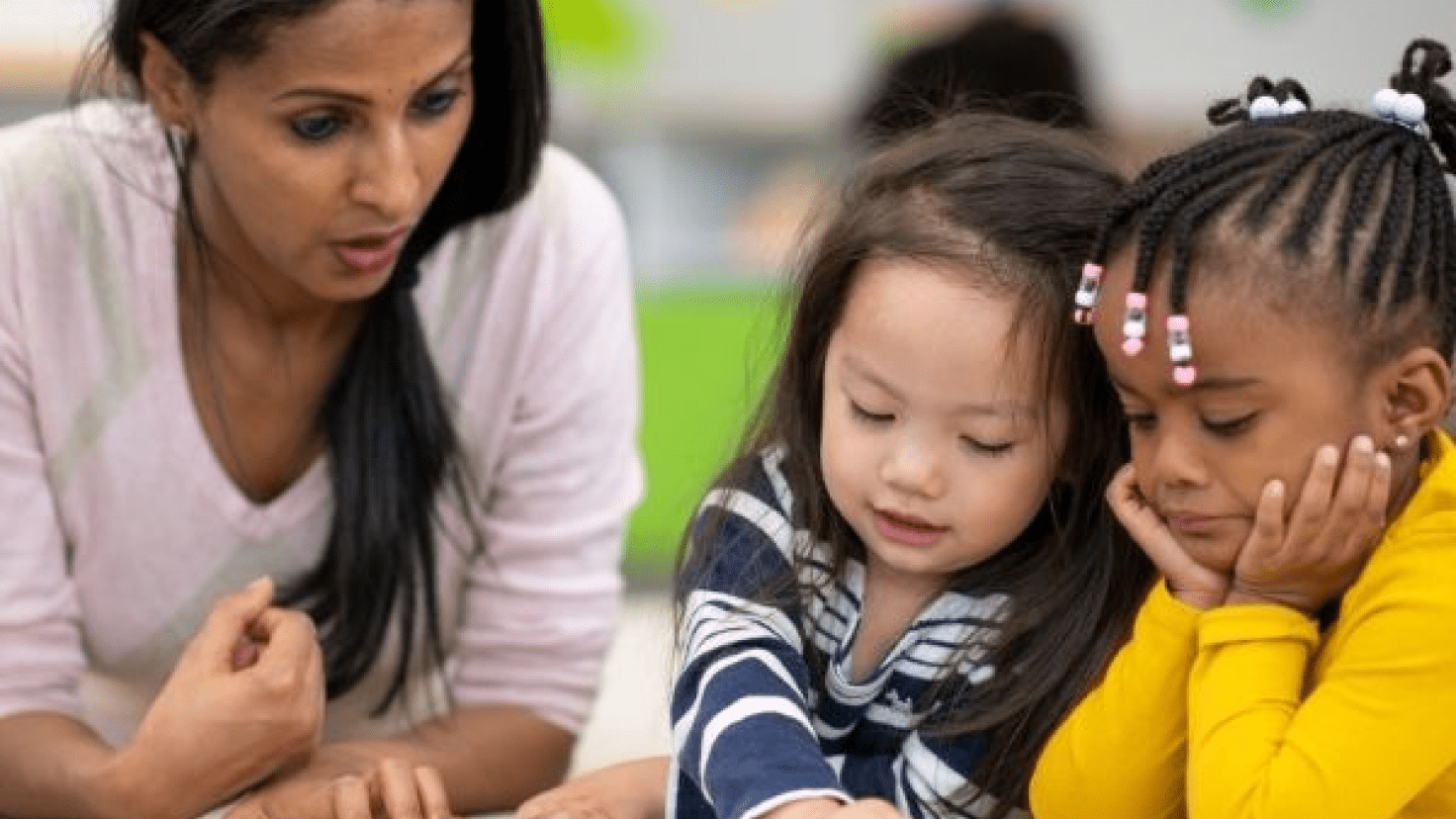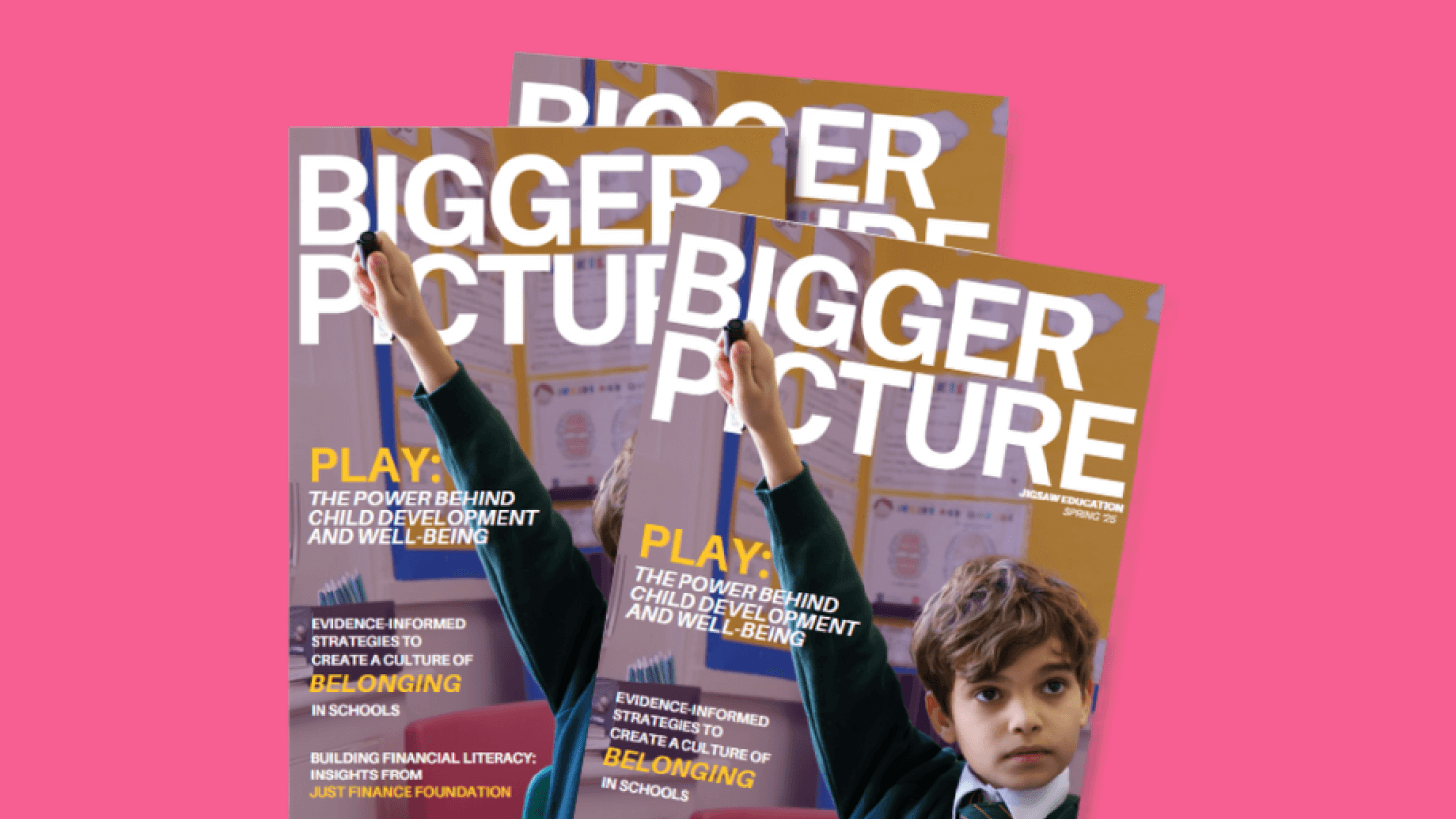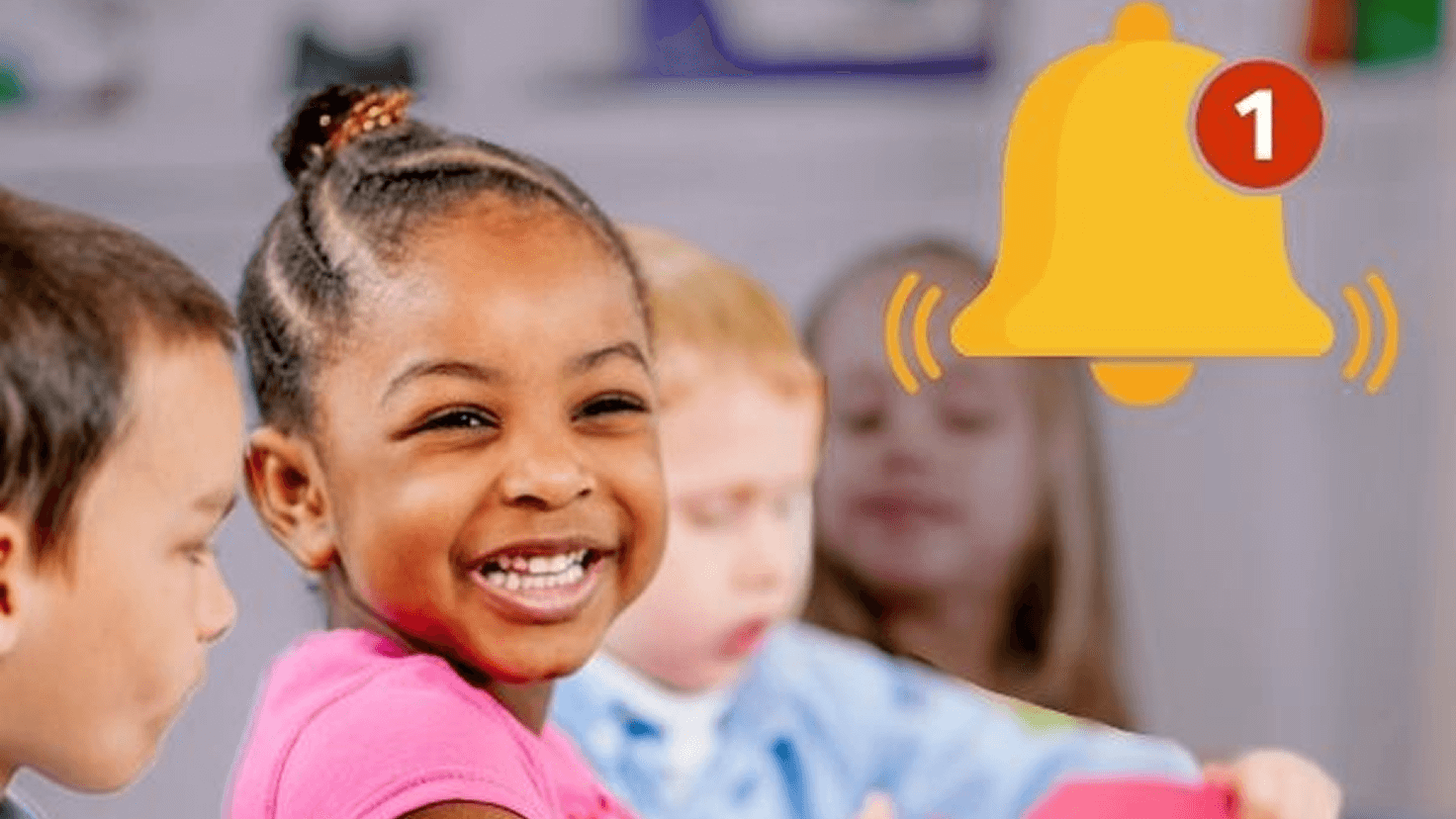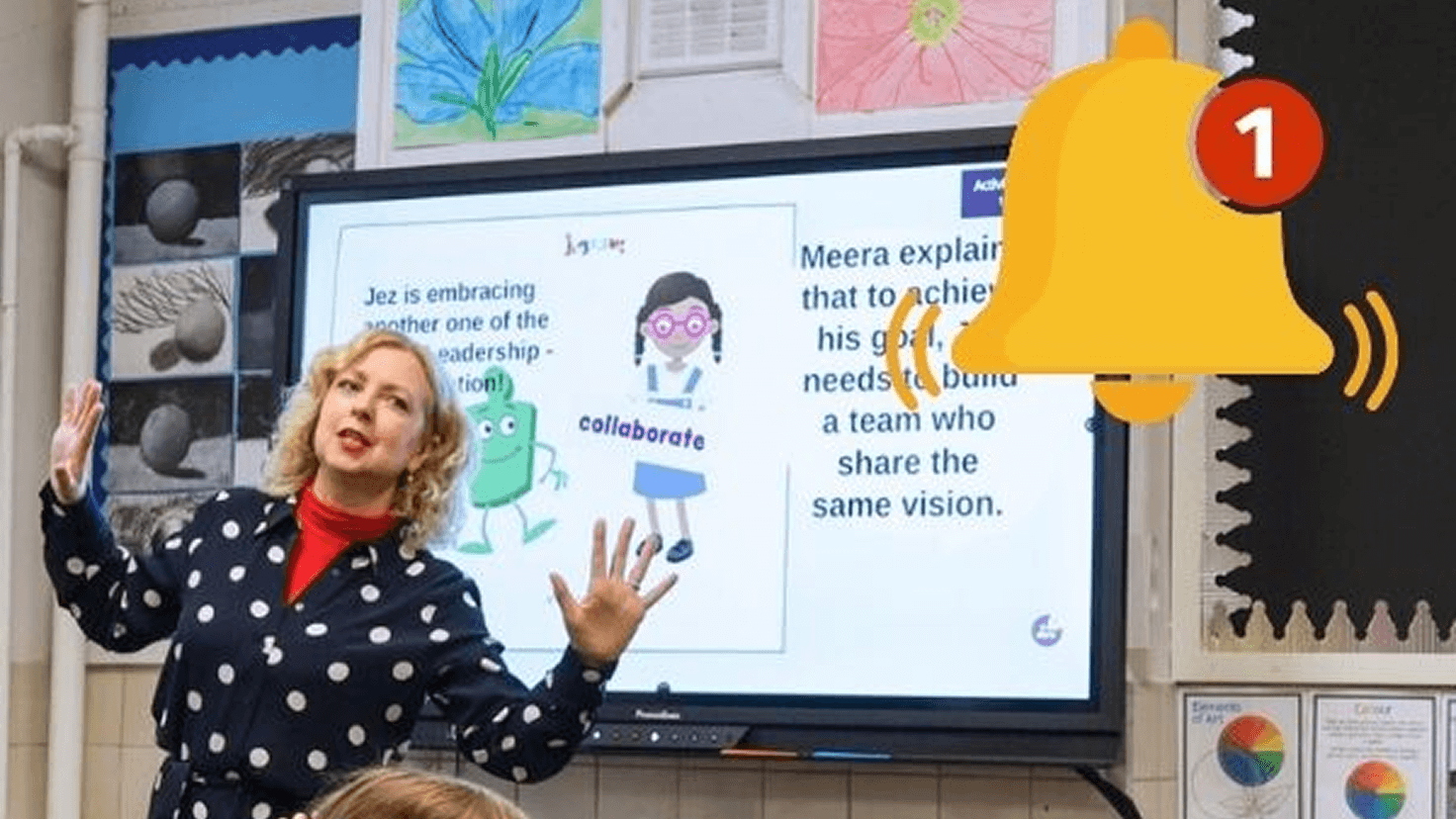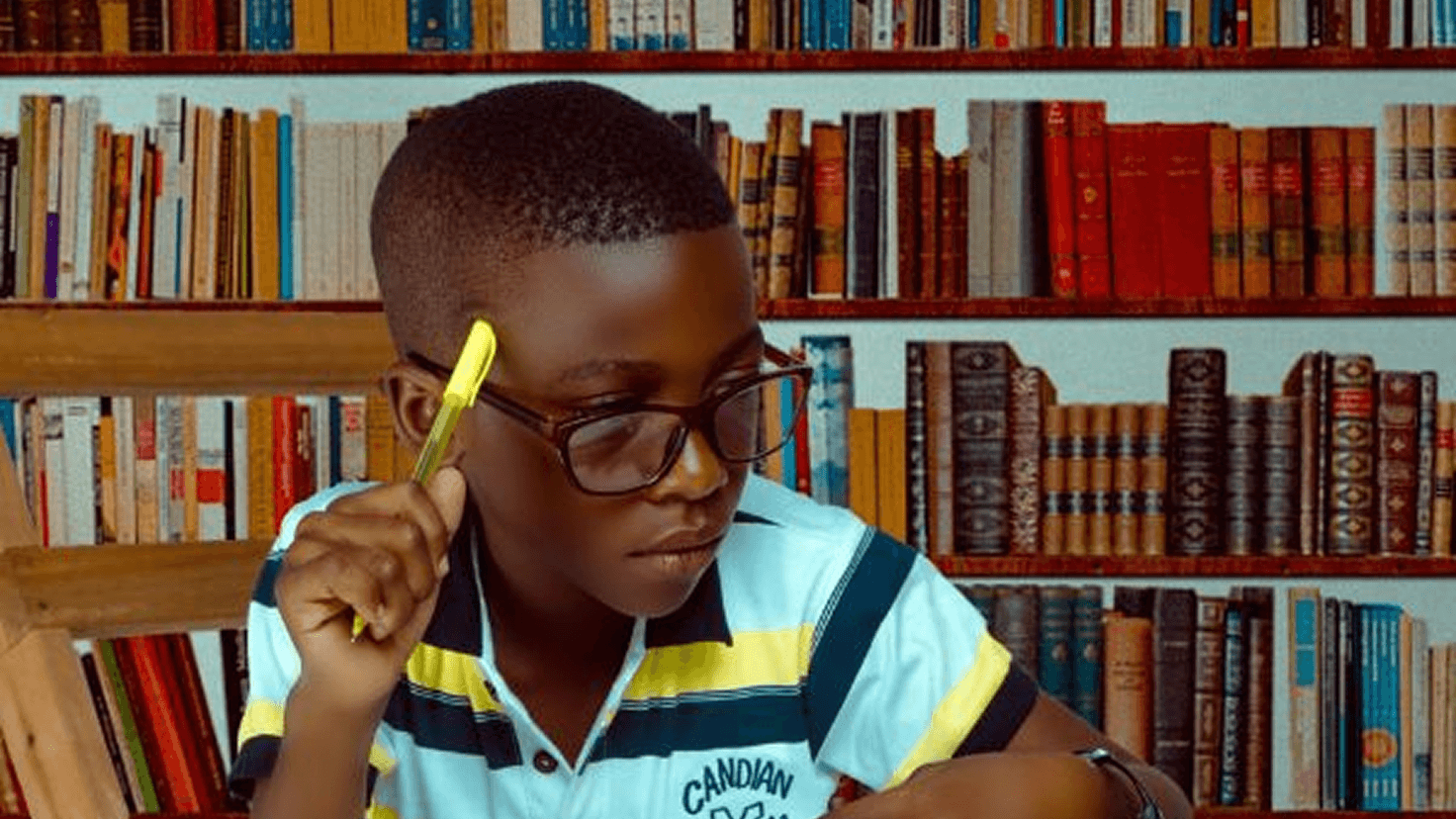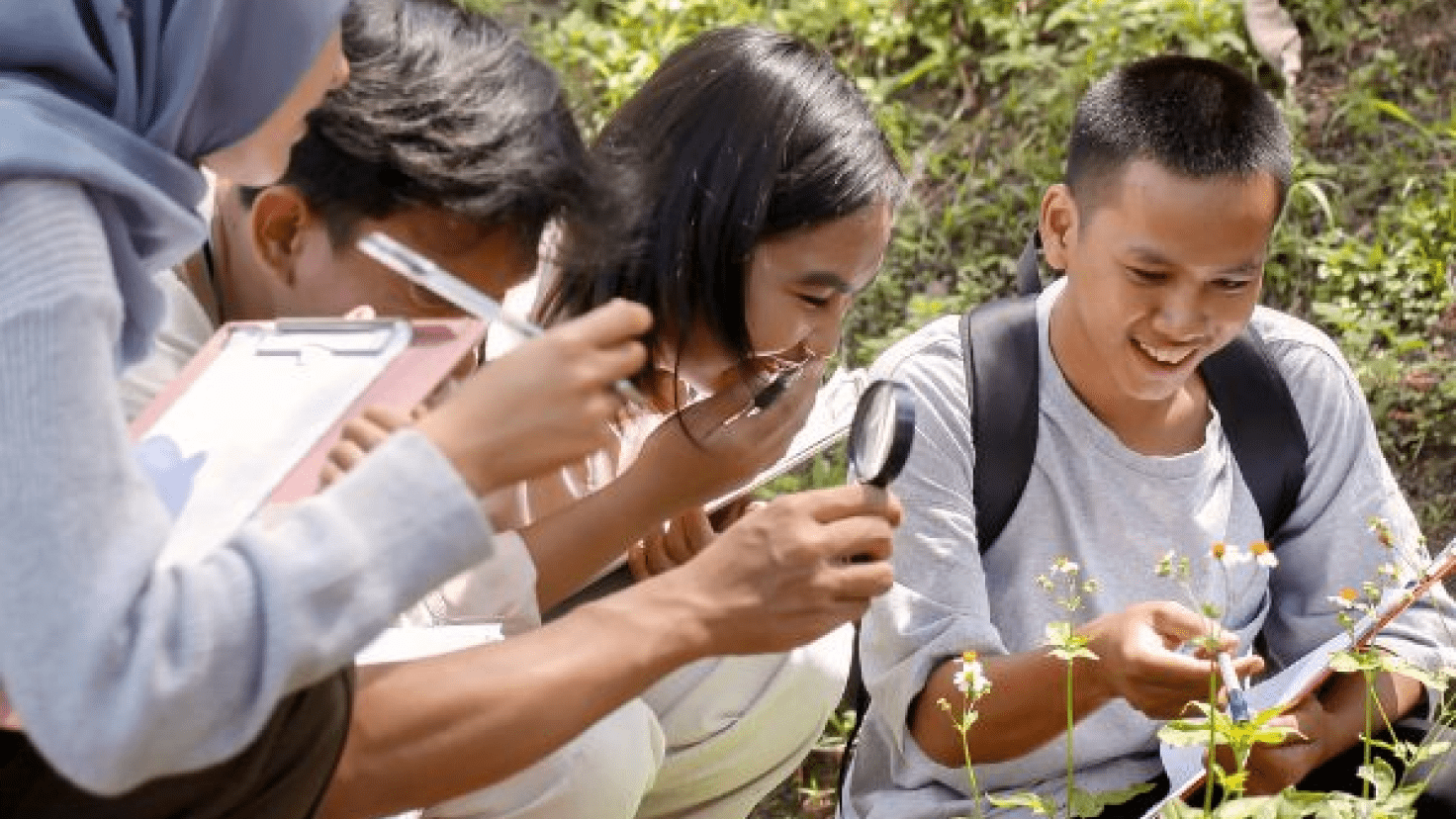Articles & Updates
30 September 2024
Jigsaw RE and Diversity, Equity, and Inclusion
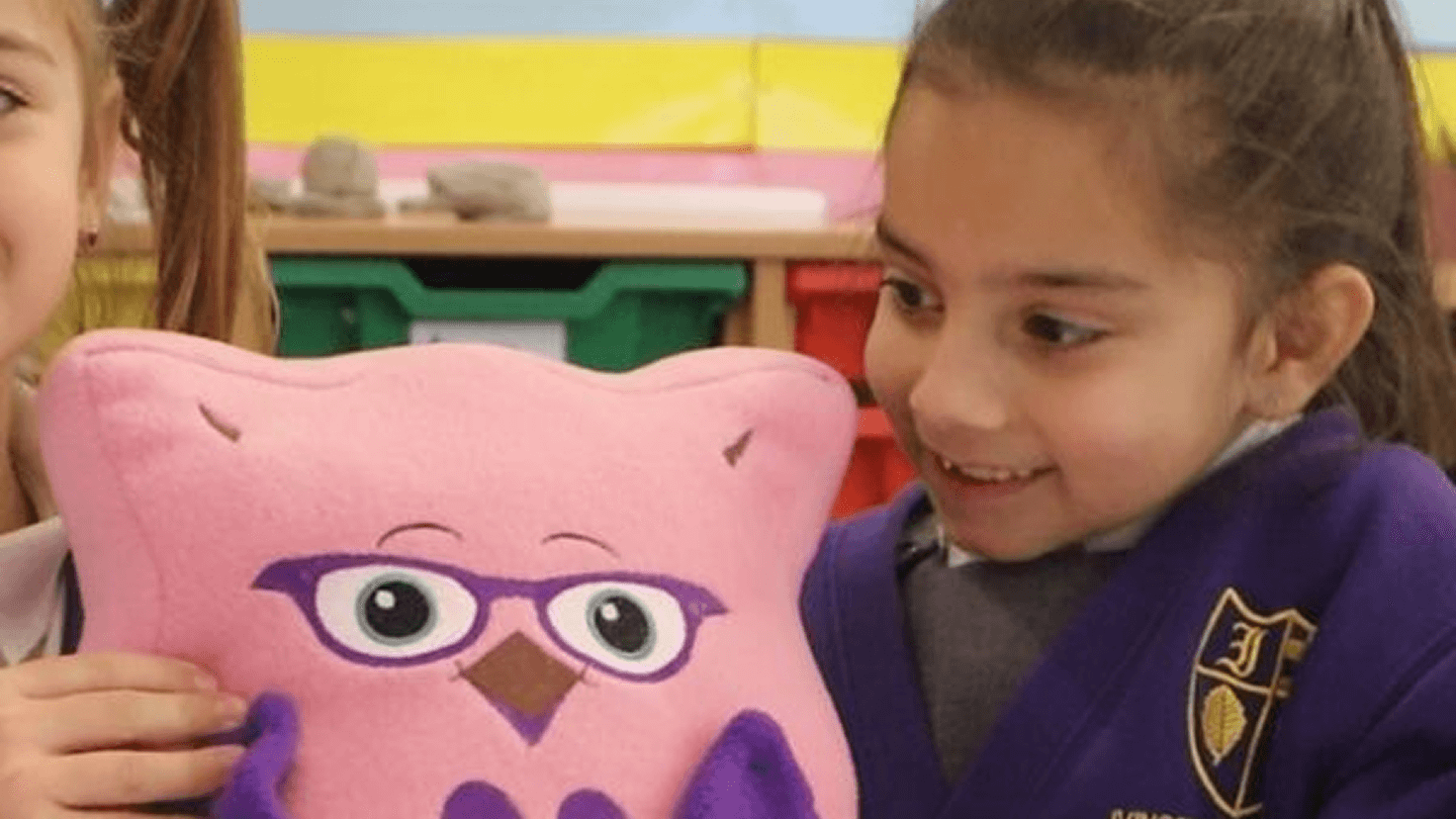
Jigsaw RE, the enquiry approach to Religious Education for ages 3-12, is a comprehensive programme that fosters an inclusive, diverse and anti-racist curriculum. At the heart of Jigsaw RE is the belief that by engaging with a broad spectrum of world religions and worldviews, children can develop critical thinking skills, enhance their motivation to learn, and cultivate empathy and understanding for others. This approach prioritises children's autonomy in forming their own beliefs and morals, ensuring they are informed rather than persuaded. By embedding diverse perspectives and encouraging open enquiry, Jigsaw RE equips students to navigate a pluralistic and multicultural world with respect and understanding, laying the foundation for a more equitable society.
This article demonstrates how Jigsaw RE threads this curriculum approach and underlying belief throughout the programme.
| Curriculum Approach | Jigsaw RE Approach |
| Diverse voices and representation across religions and worldviews | Through studying a range of religious and non-religious worldviews the curriculum will include a range of diverse voices.
It is important to do this with consideration also to the diversity within worldviews (see below) in order to avoid building stereotypes, generalisations and misconceptions. |
| Diverse voices and representation within religions and worldviews | Recognising the diversity within worldviews, avoids building stereotypes, generalisations and misconceptions by showing the ‘messiness’ of religion through a distinction between personal, individual and institutionalised worldviews. |
| Authentic lived experience | In creating and reviewing enquiries, Jigsaw RE works with representatives from the worldviews included to ensure authentic voice and lived experience is included.
Our enquiries include case study examples where relevant, as well as supporting teachers to identify times within the curriculum to invite visitors in with a clear curriculum focus to enhance the children’s learning.
The RE Advisor team work with their schools to add to the resource provision including considering diverse texts which may align and enhance with the Jigsaw RE enquiries. |
| Continuity and Change | Where possible, children are made aware of the fluidity of religion and worldviews and how this can be impacted by historical, social and cultural changes. |
| Agile and adaptable | This is an important component of Jigsaw RE, not only does this ensure our schools best meet the statutory requirements of their locally agreed syllabus, schools can also be adaptable in using our resources to meet their curriculum values with regards to diversity.
A school is never alone in adapting our resources and can get in touch with school support, the Jigsaw RE mentor or their Regional RE Advisor, in order to discuss their school’s needs. |
| Creating safe spaces for discussion | Establishing a respectful, safe and positive learning environment based on open and trusting relationships between all members of the class, adults and children alike, is vital to high quality, discursive RE. The enquiry approach allows for different views to be shared and there to be “no one right answer” to many of the questions asked.
To enable this, it is important that ‘ground rules’ are agreed and owned at the beginning of the year and are reinforced in every Piece – by using The Jigsaw Charter. There may be times within a plan where this is especially important so teachers will see a further reminder to recall children to the Charter specifically mentioned.
|
| Creating critical thinkers | As an enquiry approach to RE, the structure of each unit of work promotes, encourages and develops children’s critical thinking.
The Key Question for each enquiry is such that it demands an answer that weighs up ‘evidence’ and reaches a conclusion based on this. This necessitates children using their subject knowledge and applying it to the enquiry question, rather than this knowledge being an end in itself.
Jigsaw RE focuses on critical thinking skills, on personal reflection into the child’s own thoughts and feelings, on growing subject knowledge and nurturing spiritual development and uses the following 4-step model.
|
| Continuous Professional Development | Jigsaw Education Group are committed to supporting schools with their CPD needs. We have a programme of training resources, some of which are open to all schools and some are for our subscribing schools. These cover a range of topics, some of which will support aims of diversifying the curriculum and creating a diverse, inclusive, anti-racist culture in schools.
To see our training offer, please follow this link: https://jigsaweducationgroup.com/training-webinars/webinars/ |
| Reflective Practice | The Jigsaw RE team are also working to review the curriculum and it’s resources with diverse, inclusive and anti-racist aims. We recognise this is ongoing work and continue to do this.
We also consider how we can best communicate these changes to our schools, not only for their information, but as CPD. |
| Feedback | Jigsaw RE maintains an open and collaborative approach to feedback from within the company, from our schools and from our wider community and connections, to add to the ongoing reflections on diversifying the curriculum. |

